Holiday Gut Syndrome: Find Relief from Holiday Digestive Distress
Holiday Gut Syndrome: a gastrointestinal cyclic experience of bloating followed by overeating. The bloating is due to the introduction of larger-than-usual amounts of foods with a variety of ingredients that the individual is not used to consuming. This event takes place around holiday seasons, in vacations and in events where food consumption surpasses normal amounts.
- The holiday season is a season of emotional and physical stress
- One important physical stressor is the availability of large amounts of food
- The consumption of larger-than-usual amounts of food leads to both hormonal as well as digestive problems
- Digestive stress brings out everyday digestive problems that may be more tolerable with everyday foods
The body does not handle the experience well as the gastrointestinal system fails to fully digest the introduced food. The lack of complete digestion, coupled with the hormonal effects of over-eating result in the dampening of the satiety (satisfaction after food) signal. In turn, lack of satiety results in the introduction of more foods, resulting in more bloating and discomfort. Many report eating to the point of losing the enjoyment of food, but feeling the need to continue increasing the burden of food intake on the body.
The second definition of holiday gut is the resulting increase in adipose tissue deposition (fat) in the belly area. Such a phenomenon is the result of the previously-described food burden. The increase in food intake, followed by hormonal dysregulation, blood sugar spikes and digestive difficulties results in the increase in belly size and the overall gain in weight. (1)
Both phenomena go hand in hand with holiday seasons and vacations as the body is bombarded with many more food options than regular.
The term “Holiday Gut” may be one invented by our culture to define the experience of weight gain, and gastrointestinal stress that takes place due to the abundance of food available in the holiday season.
Though meant to be comical, the term hits many of the important health concerns that arise during the stressful holiday season. With the abundance of food, the holiday season acts as a diagnostic period as it provokes the symptoms of the everyday gut issues that are usually masked with the consumption of less stressful, everyday foods.
Are You Really What You Eat?
- Healthy food is the root of all healing
- True nourishment can only occur if nutrient absorption takes place
- If food is not fully broken down, it can result in negative side effects on the gut
Eating is the body’s way of getting nourishment in the form of macronutrients, building blocks, vitamins, minerals and cofactors. Yet, providing the body with healthy food is the easy part!
The saying “you are what you eat” overlooks the possibility of the lack of absorption and the efficiency of the gut, as a whole. In reality, introducing healthy nutrients is only of significance in the case that the individual has the capacity to absorb them.
In the case that the nutrients are not absorbed, the result is either nutrient loss through elimination, or even side effects due to the introduction of nutrients into areas of the gut that can not handle the presence of nutrients.
Both scenarios are not conducive to health and nourishment. In fact, in the latter scenario, the introduction of undigested food into areas of the gut that can not handle its nutrient load results in chronic inflammation leading to even less gut efficiency and the possibility of an increase in overall health problems.
Digestion Starts in The Mind
Healthy digestion starts in the brain way before the mouth even takes the first bite. (3,4)
POV: It’s a hot summer day and you are having a strange craving. You open up the fridge door and you notice a lemon. You pick up that beautiful, bright yellow fruit and smell the essential-oils through the thick peel. You close your eyes and you can almost taste that zesty, acidic flavour. You grab a knife and you slice the lemon revealing the clean, citrus smell and you can’t help, but take a bite of the cool, acidic, mouth watering citrus goodness. Are you salivating yet?
Most people find that reading an excerpt about lemons is enough to promote salivation! The temptation that comes with the thought of food is a positive contribution of the brain. The brain anticipates that the sight or the thoughts of food will probably result in the introduction of nutrients in the gastrointestinal system which is an opportunity to obtain nourishment. In order for the body to optimize the opportunity, it promotes the gut to start making digestive juices and pumping them. (4)
The Role of Enzymes
Once in the adequately-salivated mouth, the food is further mechanically broken down by the process of mastication (chewing). The result is pieces that have a larger surface area and that are well-coated with saliva. Saliva actually contains some digestive enzymes. Those enzymes are chemicals that expedite the process of breaking down. Without them, the process of breaking down food into small enough constituents to absorb can take a significantly longer amount of time. (6)
Once the bolus (that rolled-up in a ball bite of food) is taken into the stomach, the real magic begins! The process of turning food into vital fuel starts with an acidic environment and the introduction of gastric digestive enzymes!
Breaking Down Food
As soon as the thought of food enters the mind, the digestive juices start flowing and the stomach starts getting ready for digesting. To digest the food, the stomach starts by increasing its secretions of mucous that can protect its walls from the highly acidic digestive juice that will be secreted.
Upon entrance to the mouth, the body is ready to enhance the digestive process by releasing digestive acid as well as the second round of digestive enzymes. The first round of digestive enzymes is released in the mouth where the saliva includes a concentration of salivary amylase.
Amylase is an enzyme that breaks down complex sugars (starch) and it is the enzyme responsible for giving us that delayed sweet taste that we get when we bite a seemingly no-so- sweet cracker. After minutes of melting in our mouth, the starch is broken down to simple sugars that the tongue has sensory receptors for. (5,6)
So, we can deduce that the breakdown of carbohydrates starts in the mouth. It is followed by the breakdown of proteins which takes place in the stomach. The acids activate proteases that break down the bonds between amino acids, the units that form proteins.
Those proteins include meat, legumes and even the protein component in greens in plants. The stomach also assists the digestion process by churning and kneading the food between 3 layers of strong muscles. (7)
The function of the stomach must be effective and time efficient as if the acidity of the stomach is too weak then the food must sit in the stomach for much longer which results in- erosion of the mucus barrier, food stagnation, feeling too heavy in the stomach, increased chance of heartburn and belching. (8)
Absorbing Energy
Once the stomach releases the acidic chyme (soupy, half digested food) into the small intestines, the pancreas releases a plethora of pancreatic digestive enzymes that target different components of digestion.
In the case that the food was not broken down enough in the stomach, the digestive enzymes will not be able to penetrate deep enough to expedite the breakdown process. The enzymes are supplied as inactive zymogens that only activate in the right environment.
Different areas of the small intestines take turns absorbing different nutrients in food and in the case that the food is not neutralised enough and broken down enough by the right amount of digestive enzymes, it ends up injuring different parts of the small intestines and causing it to be more porous. (9)
Causes of Incomplete Digestion:
- Weak stomach acid
- Weak stomach mechanical digestion
- Low digestive enzyme activation
- Low digestive enzyme release
- The introduction of hard-to-digest foods
- Lack of food variety
Our gut is a complex system of many functions. For the gut to function effectively, there must be variety supplied. In the case that our gut is limited in types of food, the body loses the capacity to digest the overlooked foods.
Such a case is observed with nations that do not regularly include dairy as a part of their diet. Most Asian nations have a high rate of lactose intolerance as the lack of introduction of lactose has made the production of lactase of low necessity Additionally, the food we eat plays a role in influencing our gut flora who are the helpers of digestion and the constant healthy challengers of the immune system. If you want to learn more about probiotics (Click Here). (10)
Natural Digestive Enhancement
- Enhancing the food-intake experience always results in better digestion
- Eating greens and bitters first enhances digestion
- Digestive enzymes from natural sources can significantly enhance digestion and promote more efficient nutrient absorption
- Digestive enzymes play a positive role in maintaining gut health and preventing the progression of gut-injury-related conditions such as leaky gut
Food intake is an experience that is enhanced by all the senses. As described previously, the thought of food, the sight of food, the smell of food and the experience of having food as a ritual with loved ones all have an effect on the experience of digestion and nutrient absorption.
Sitting at a desk, in an office and mindlessly chewing a sandwich is a much poorer digestive experience than having a family dinner. The family dinner engages the senses and results in the preparation of the gut for absorption. It is a well-known fact that eating with a group is a form of enhancement of nourishment.
Thus, when you are eating your food and you want better digestion/ nutrient absorption, make sure that you are experiencing the food fully prior to putting it in your mouth. Follow the mental experience with a thorough chewing and make sure that you try your best to savour every bite as the enjoyment gives the body a chance to respond best! (preparation for digestion and sending signals of satiety). (11)
Greens and bitters are nature’s gift to naturally enhance digestion. Any act of digestion is enhanced with the introduction of a bitter tasting food prior to meal intake. The bitters do not need to be of botanical grade. A simple bite of olive-oil, dandelion, and lemon pesto is enough to enhance digestion by promoting the flow of gastric juices. Therefore, the strategic organization of food intake can significantly help with digestion. The best appetizers are acidic and bitter in quality! Tip - Have the greens first!
In the case that you are experiencing an expected period of abundance of food, it may be worth it to take a full spectrum digestive enzyme supplement, after the consultation of a healthcare practitioner. Digestive enzymes can enhance digestion and give the best safety profile in terms of providing enough enzyme variety to promote complete digestion. (1)
In the case that the body is introduced to a nutrient that it does not have access to an enzyme for, then the breakdown process is hindered. Such hindrance means that the nutrient will travel the length of the gastrointestinal system undigested.
Such scenario may result in gut inflammation, alterations of healthy gut flora, the increase of possibility of food intolerances and the increase in the possibility of leaky gut/ IBS (irritable bowel syndrome).
The intake of digestive enzymes usually results in better digestion, less stagnation of food in the gut, less stomach irritability, less belching, less gas, less bloating and even better satiety.
How does satiety get affected by a digestive enzyme?
Our gut has a network with different organ systems in the body. Our nervous system, our endocrine system and our nutrient absorption membranes are directly linked. Efficient absorption means a faster signal of nutrient intake, less fluctuation in blood sugar and a better chance of experiencing a healthy satiety response.
A healthy gut is one that can positively impact the body in an infinite number of ways. Almost every gut-health protocol has side benefits that affect skin health, mental health, hormonal health, and much more.
Thus, it is always worth it to make healthy meals, have them in a healthy environment, strategize the order of nutrient intake and enhance digestion whenever over-indulgence is a possibility.
REFERENCES
-
Ortega-Santos C, Tucker W, Brown C, Laubitz D, Barberan A, Gaesser G, Angadi S, Whisner C. The Impact of Exercise on Gut Microbiota Diversity During a Period of Increased Caloric Intake Characteristic of the Winter Holiday Period (P21-029-19). Current developments in nutrition. 2019 Jun;3(Supplement_1):nzz041-P21.
-
Vaughn AC, Cooper EM, DiLorenzo PM, O’Loughlin LJ, Konkel ME, Peters JH, Hajnal A, Sen T, Lee SH, de La Serre CB, Czaja K. Energy-dense diet triggers changes in gut microbiota, reorganization of gut-brain vagal communication and increases body fat accumulation. Acta neurobiologiae experimentalis. 2017;77(1):18.
-
Torii K, Uneyama H, Nakamura E. Physiological roles of dietary glutamate signaling via gut–brain axis due to efficient digestion and absorption. Journal of Gastroenterology. 2013 Apr 1;48(4):442-51.
-
Mese H, Matsuo R. Salivary secretion, taste and hyposalivation. Journal of oral rehabilitation. 2007 Oct;34(10):711-23.
-
McLeod SA. Pavlov's dogs. Retrieved on February. 2007;8:2014.
-
Squires BT. Human salivary amylase secretion in relation to diet. The Journal of physiology. 1953 Feb 27;119(2-3):153-6.
-
Pera P, Bucca C, Borro P, Bernocco C, De Lillo A, Carossa S. Influence of mastication on gastric emptying. Journal of dental research. 2002 Mar;81(3):179-81.
-
Wright JV, Lenard L. Why stomach acid is good for you: natural relief from heartburn, indigestion, reflux and GERD. Rowman & Littlefield; 2001.
-
Layer P, Keller J. Pancreatic enzymes: secretion and luminal nutrient digestion in health and disease. Journal of clinical gastroenterology. 1999 Jan 1;28(1):3-10.
-
Kanwar JR, Kanwar RK. Gut health immunomodulatory and anti-inflammatory functions of gut enzyme digested high protein micro-nutrient dietary supplement-Enprocal. BMC immunology. 2009 Dec;10(1):1-9.
-
Mattes RD. Physiologic responses to sensory stimulation by food: nutritional implications. Journal of the American Dietetic Association. 1997 Apr 1;97(4):406-13.








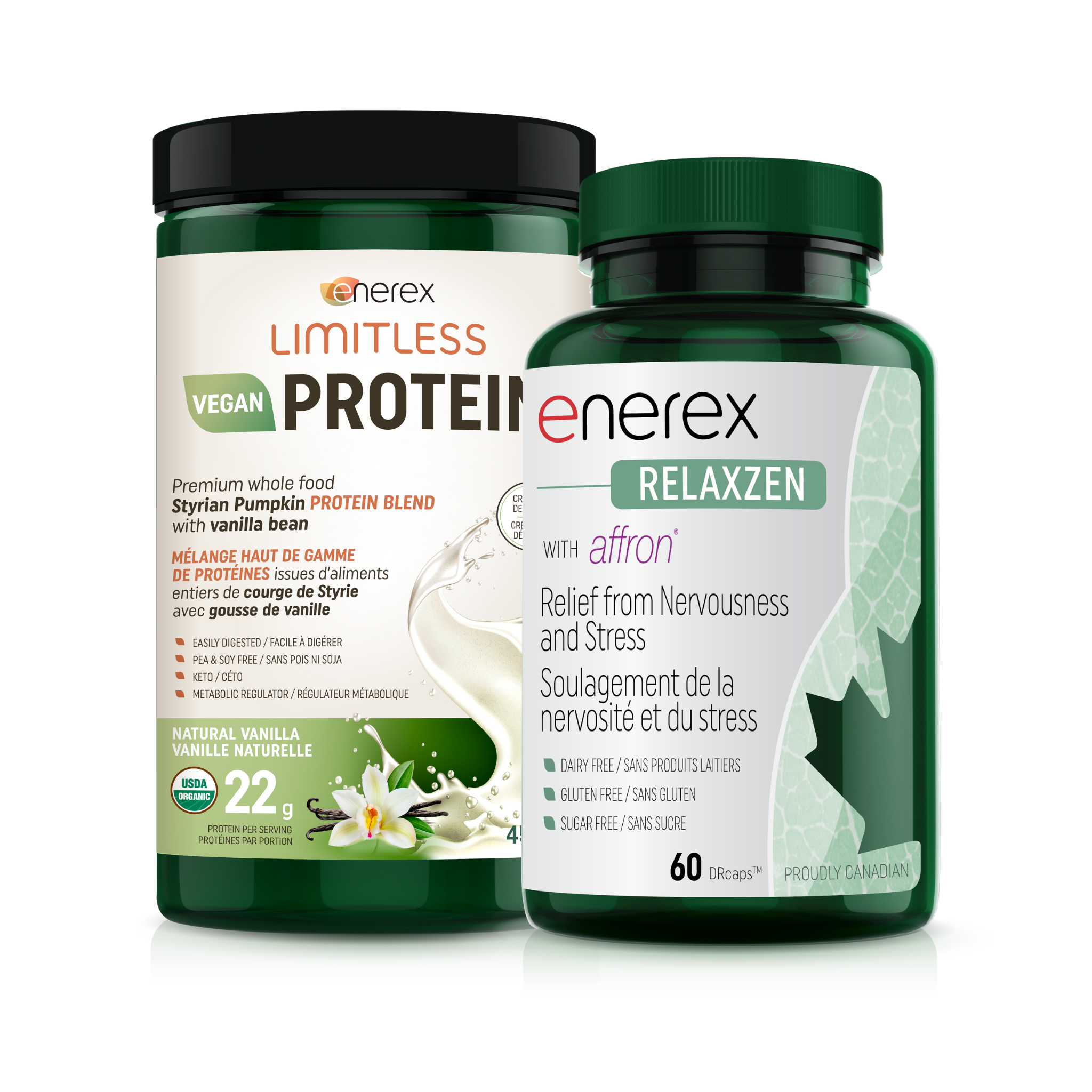
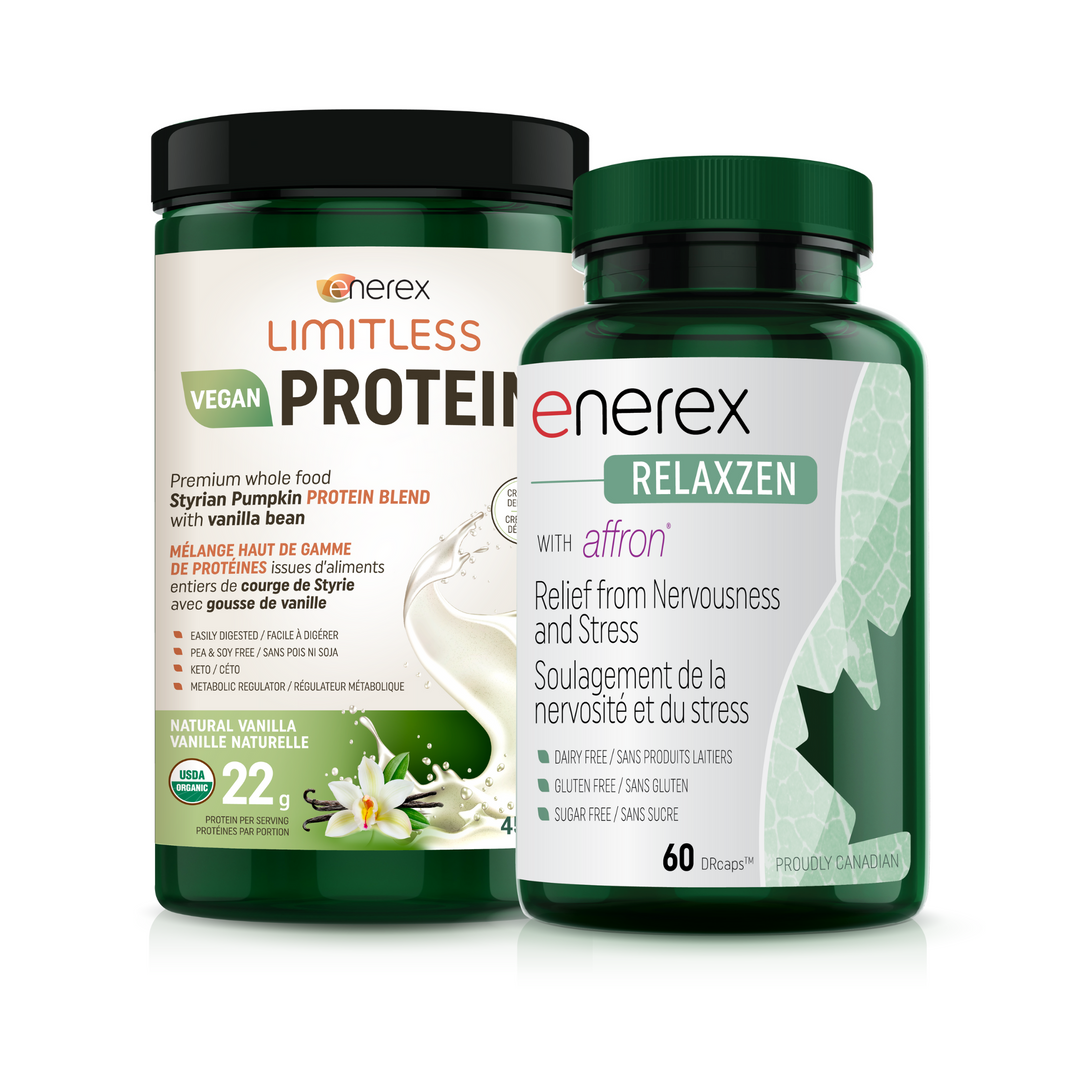
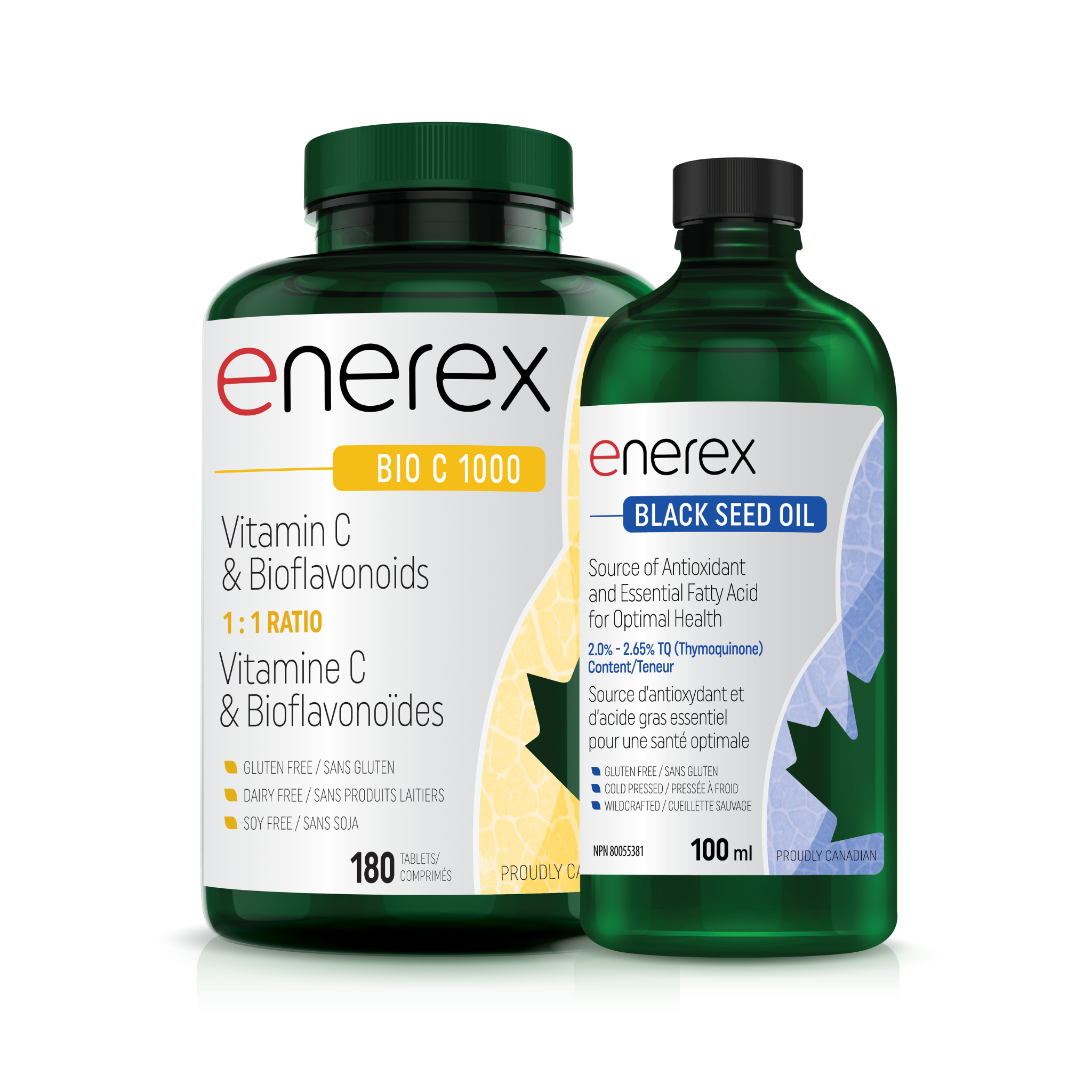
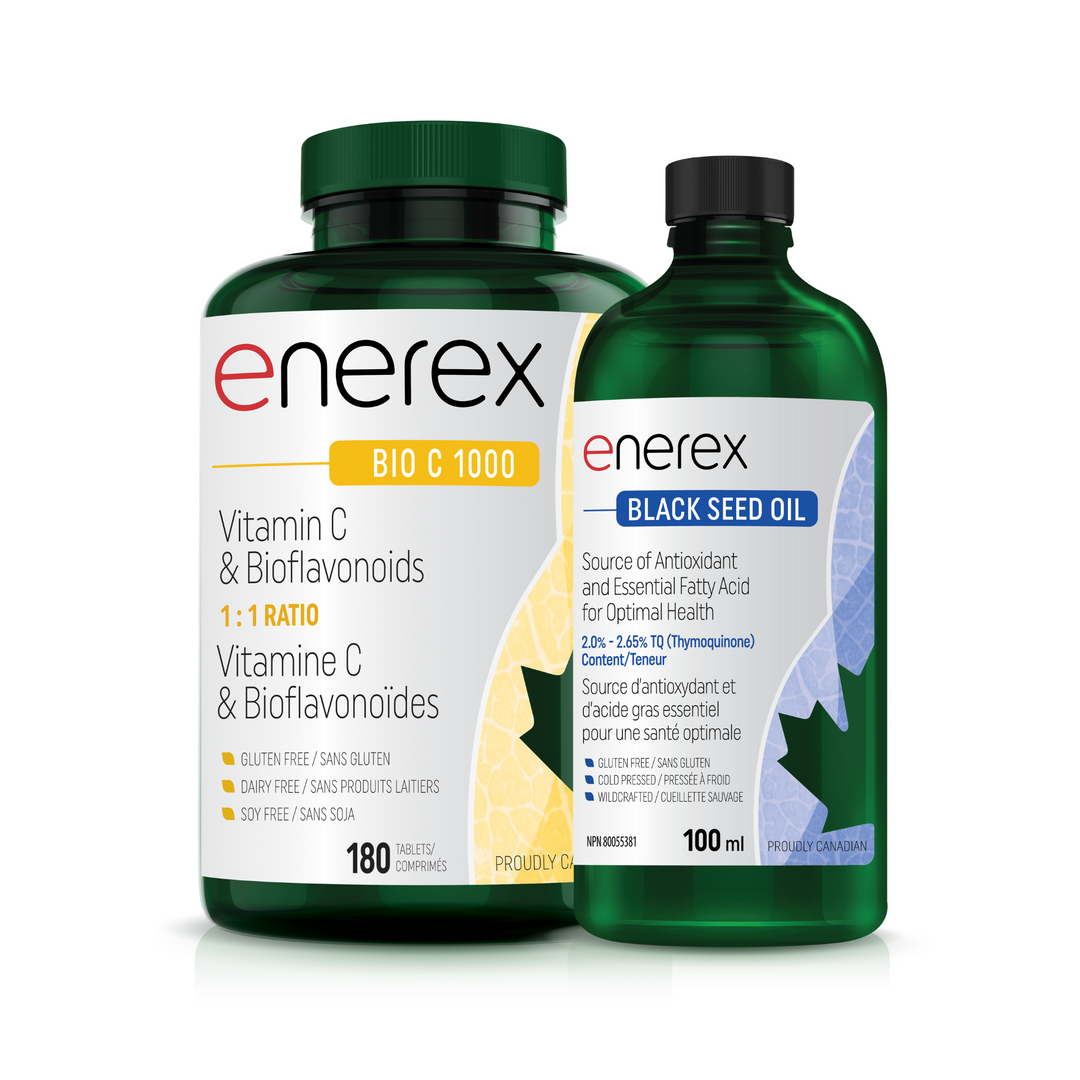
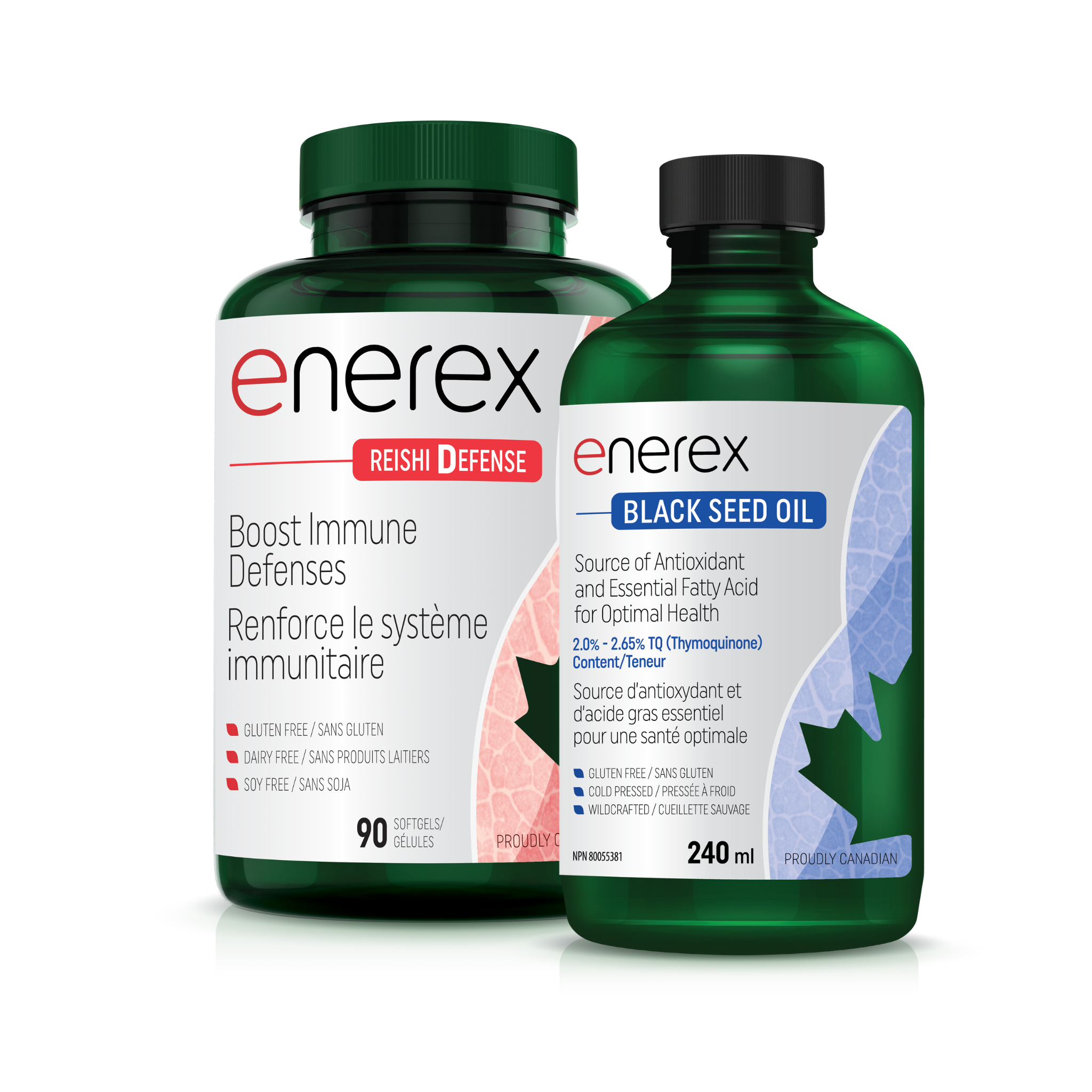
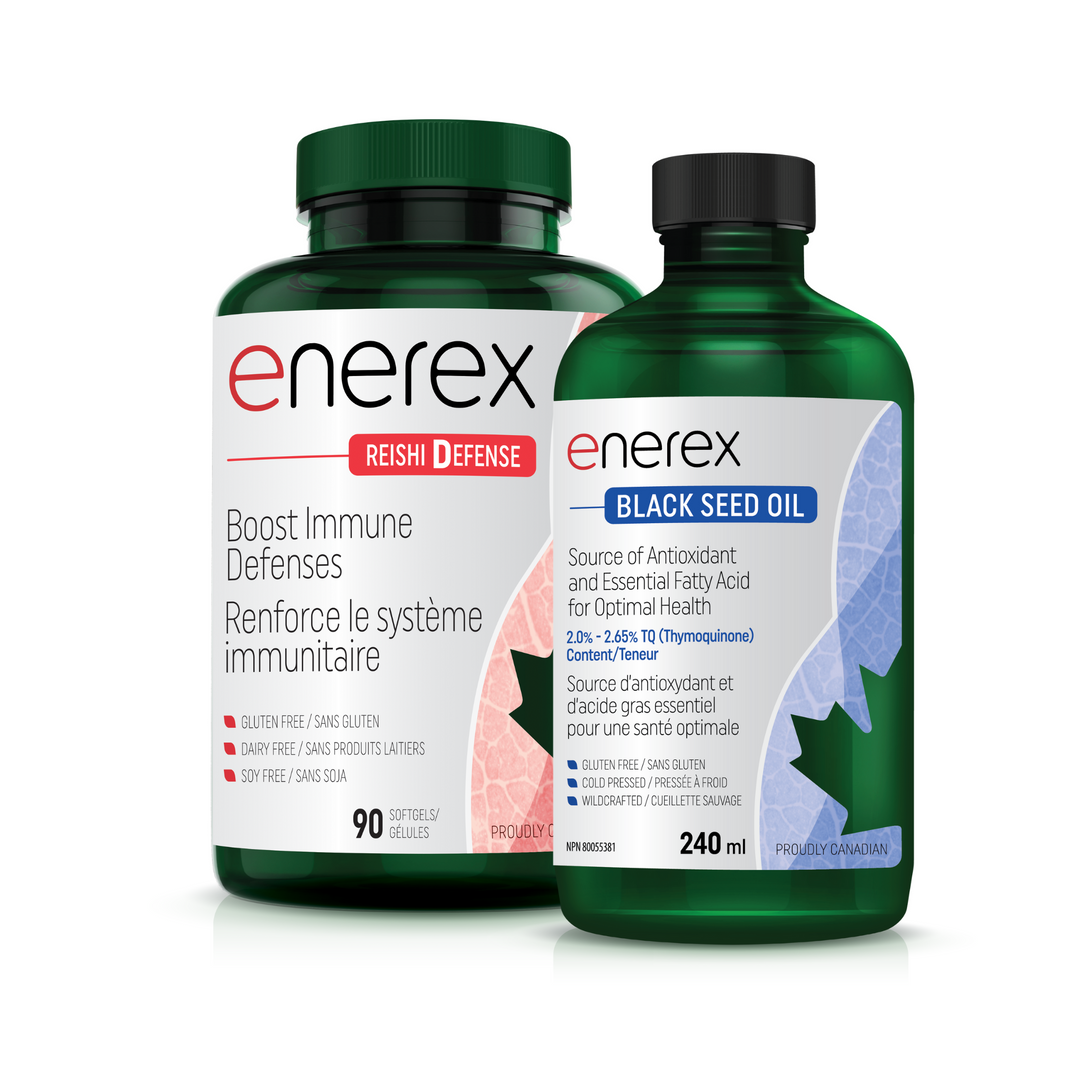
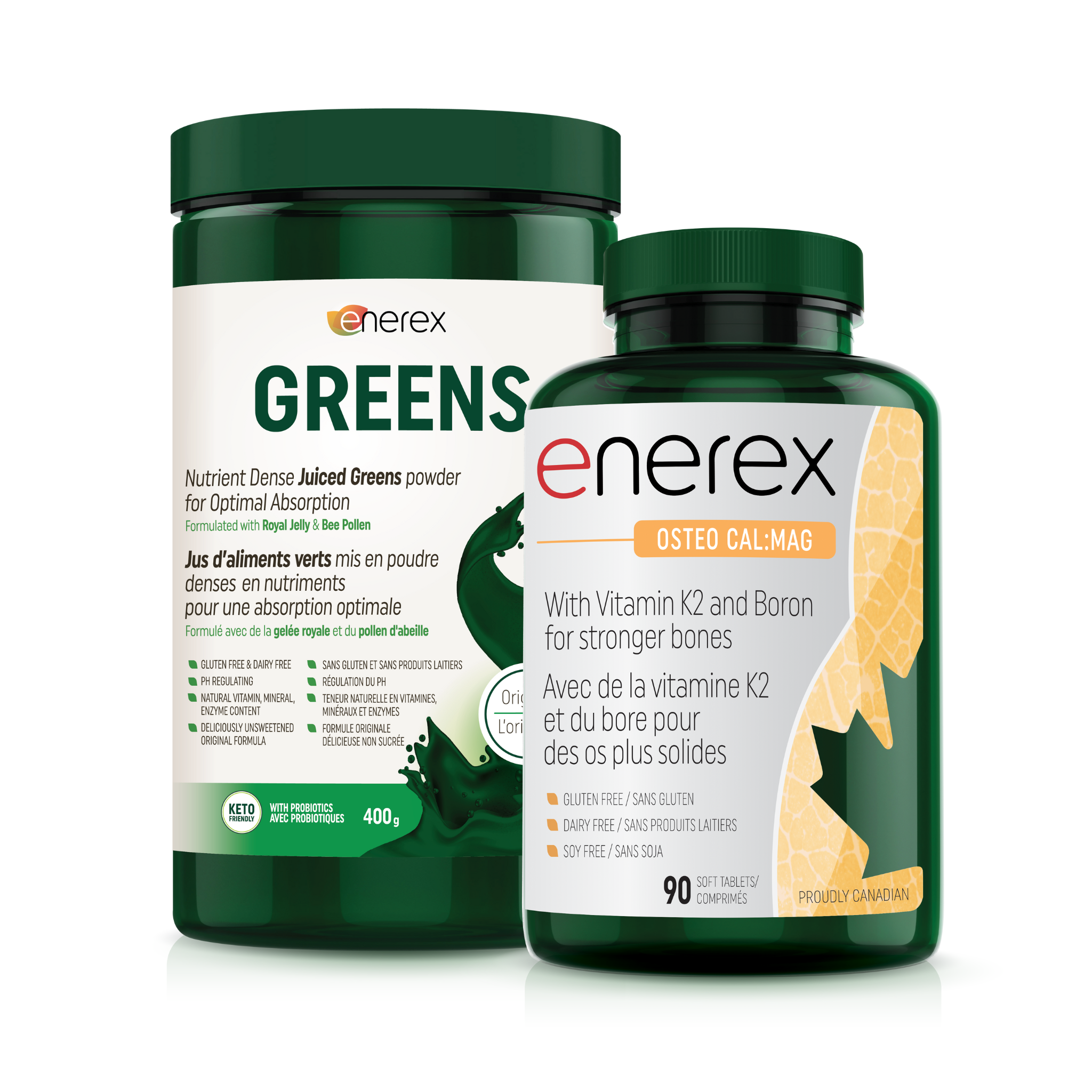
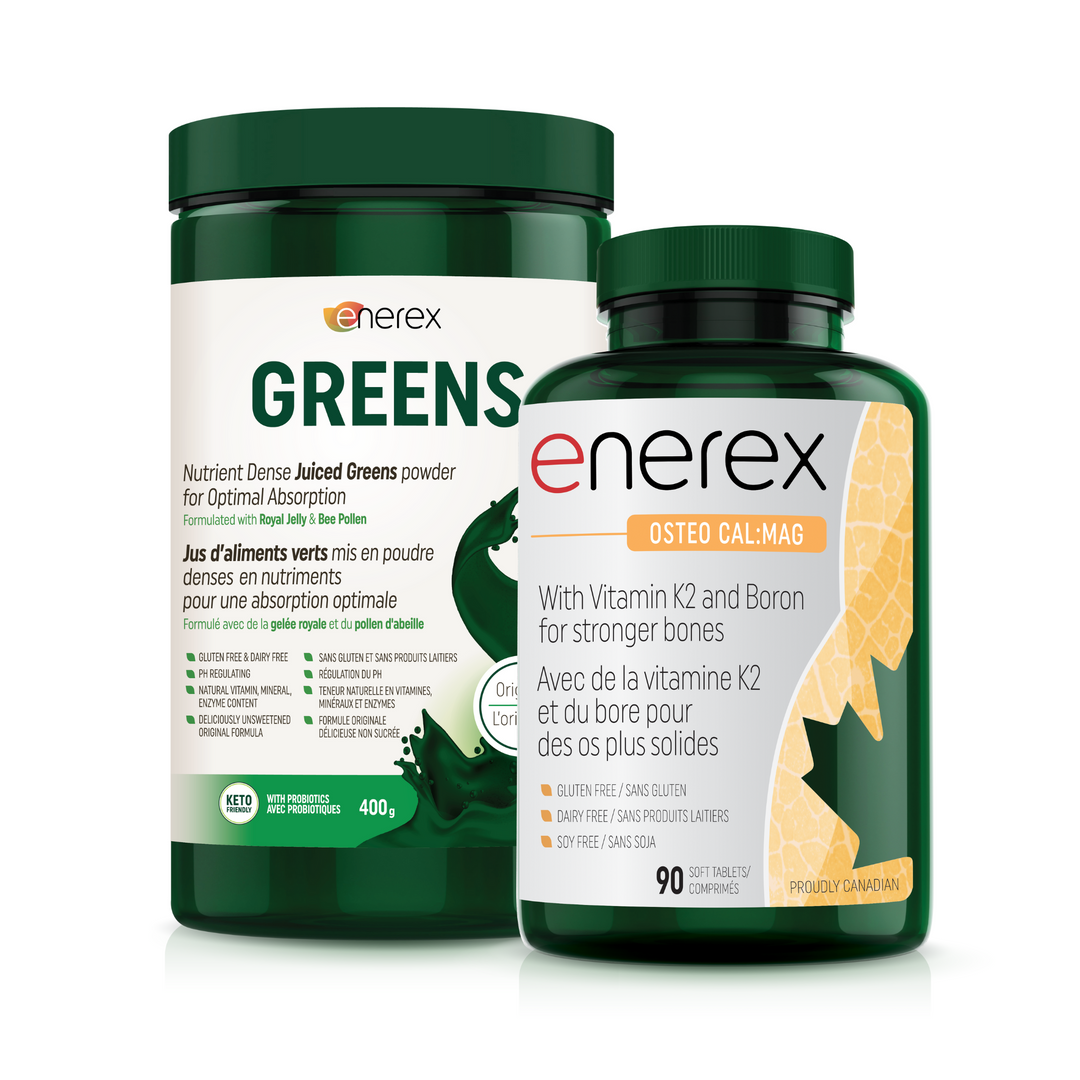
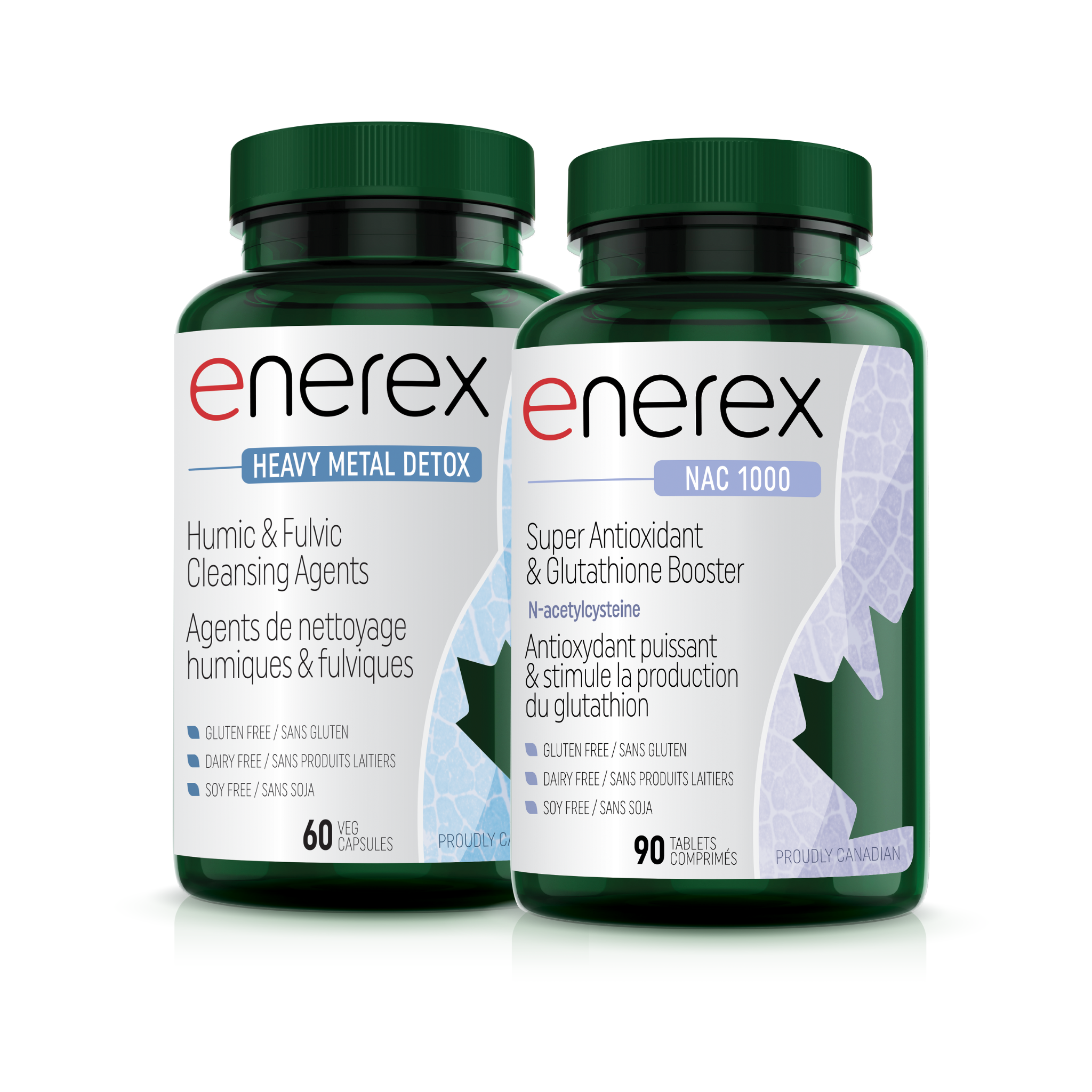
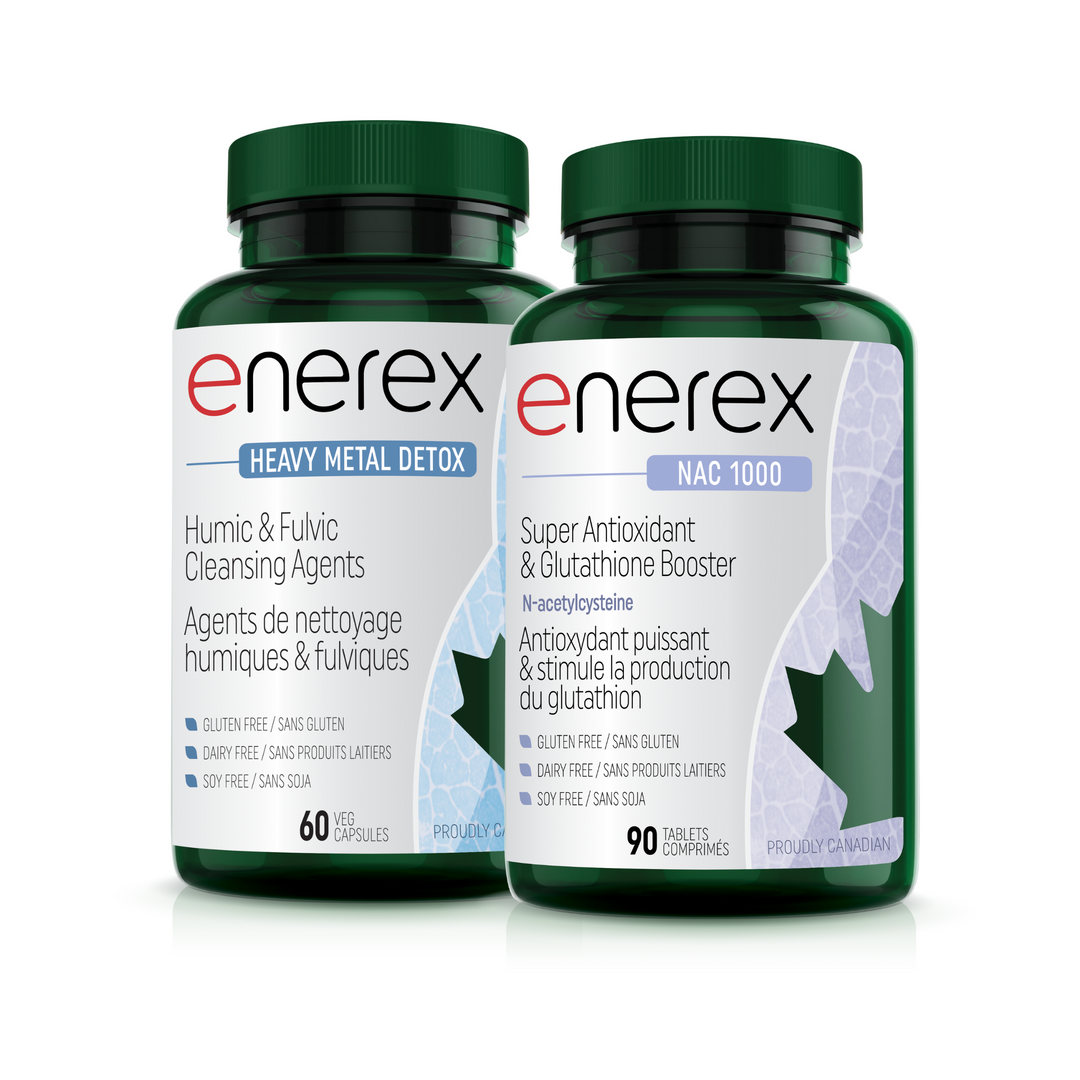
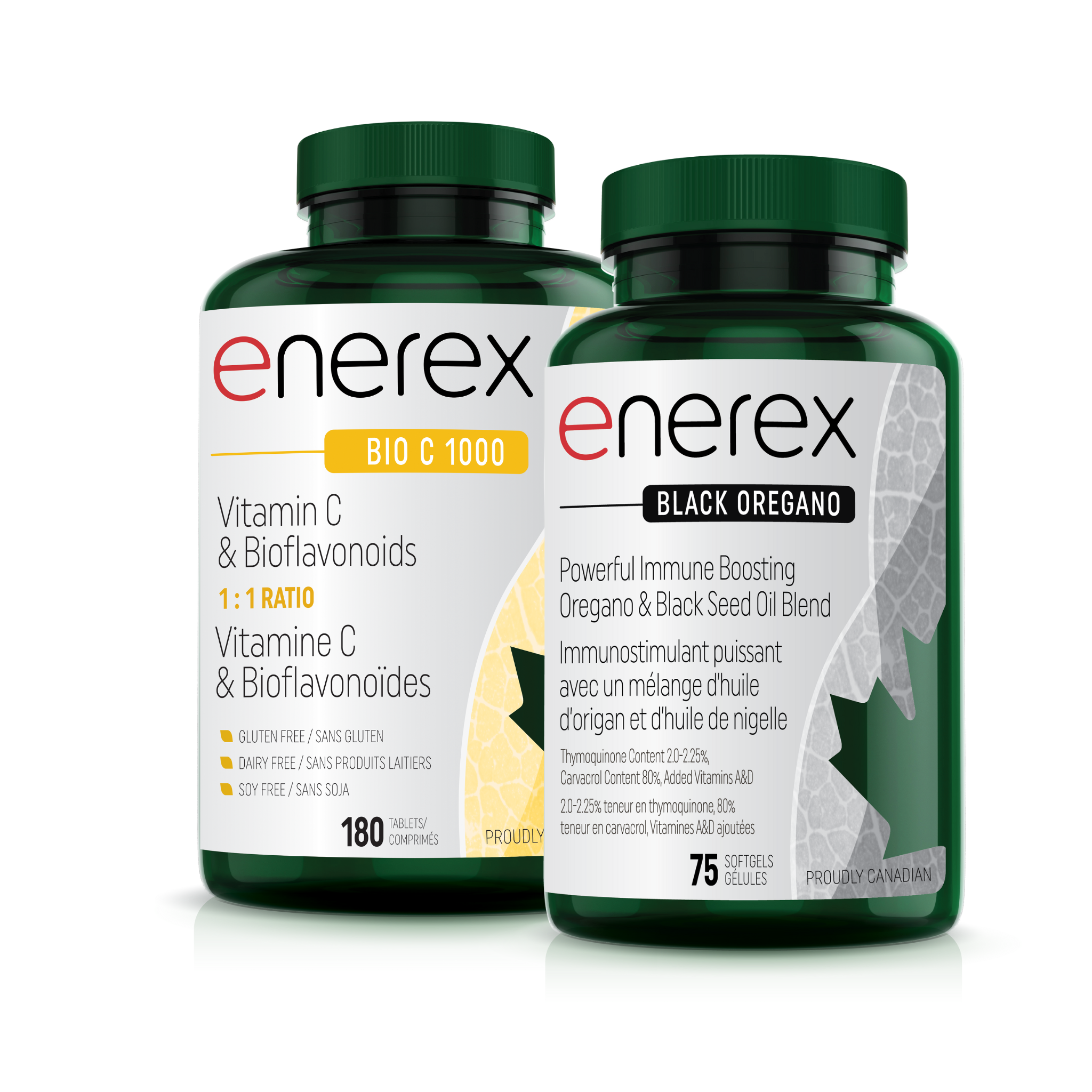
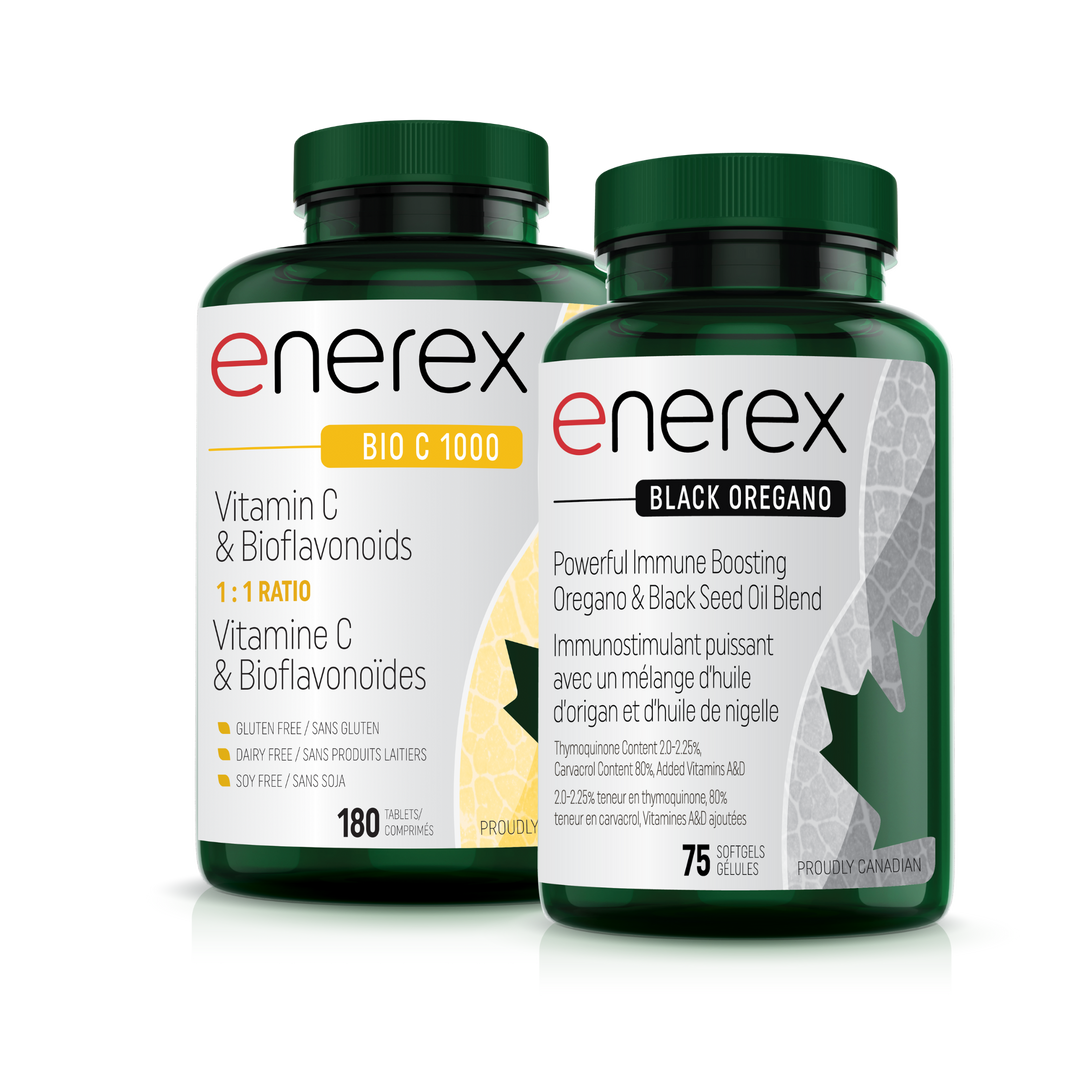
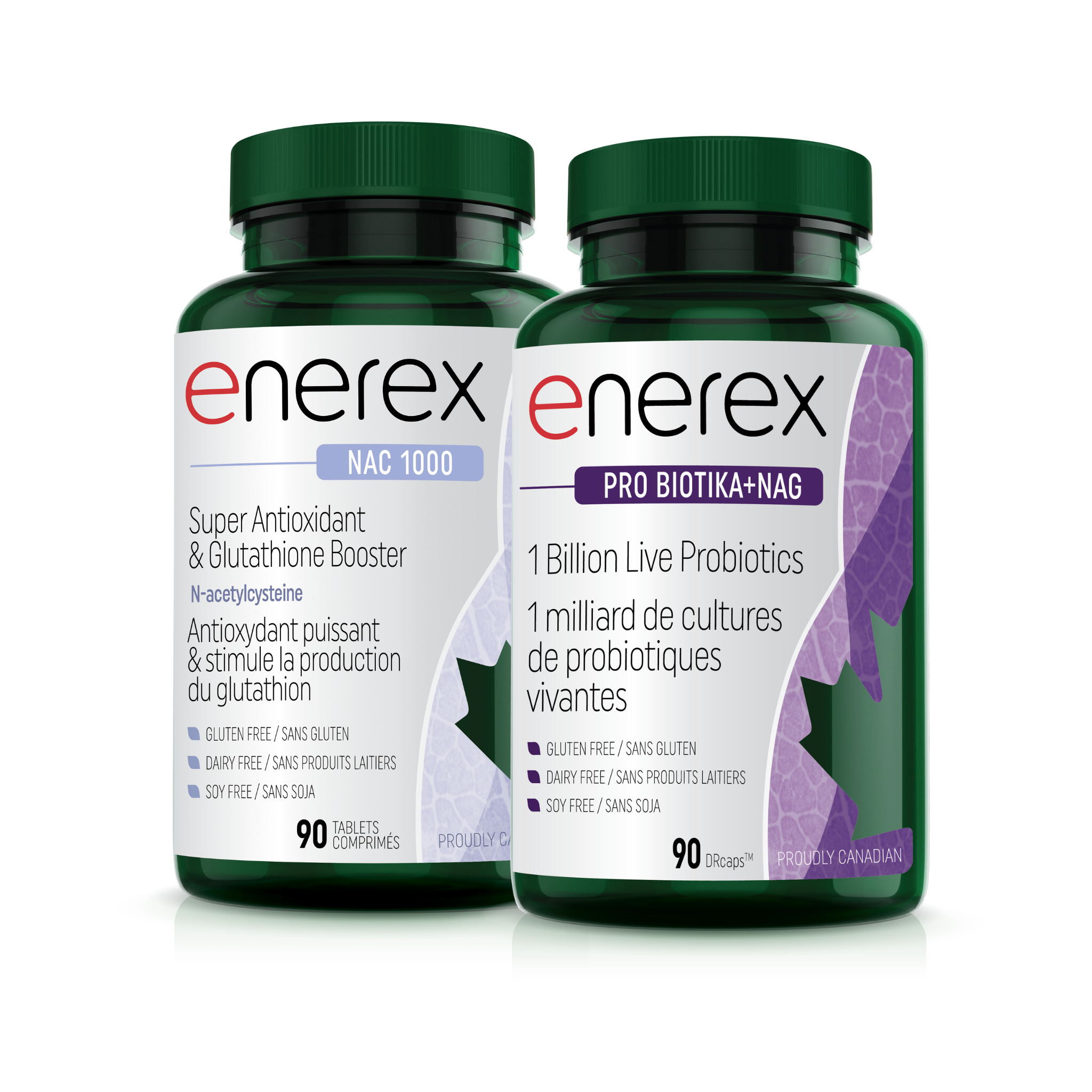
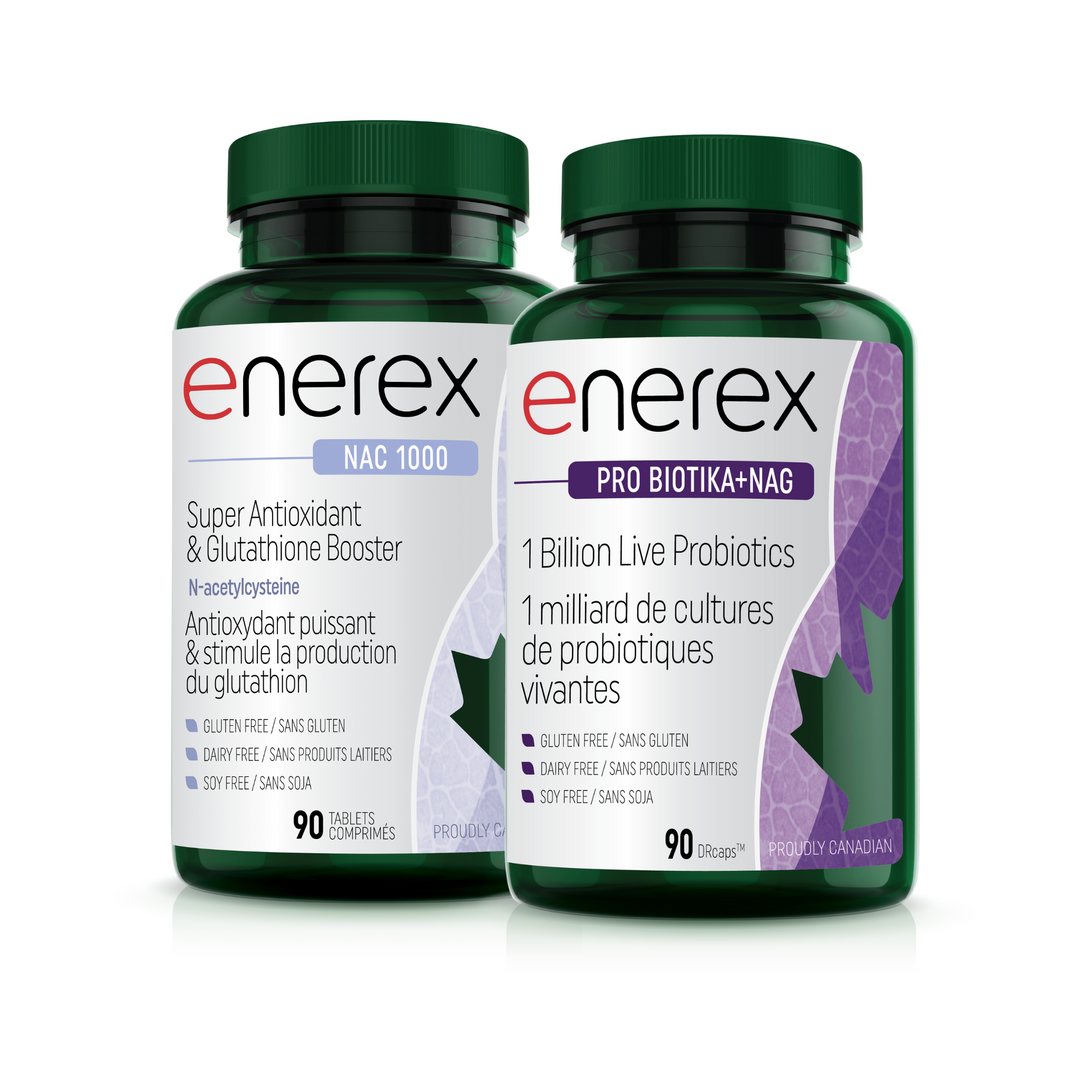
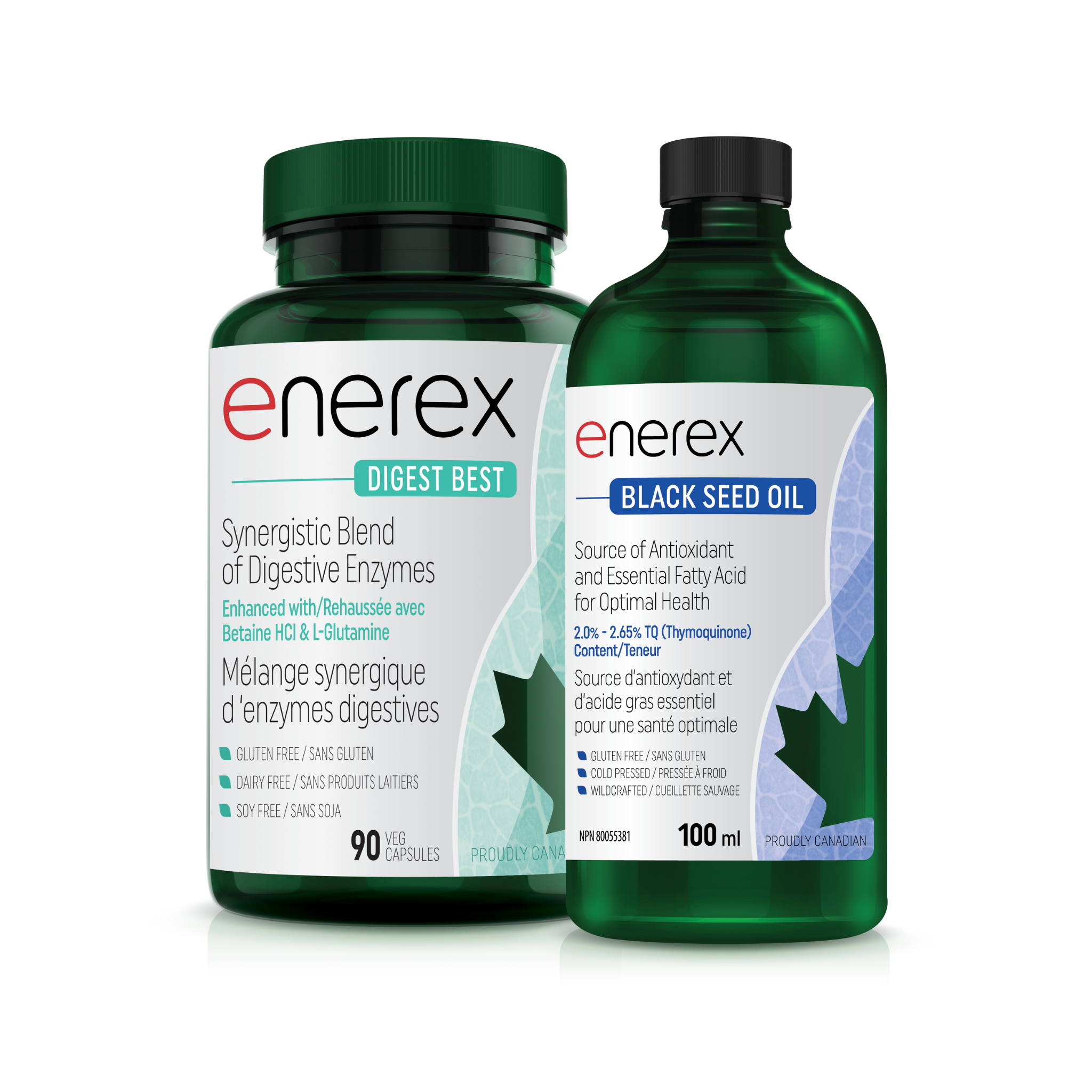
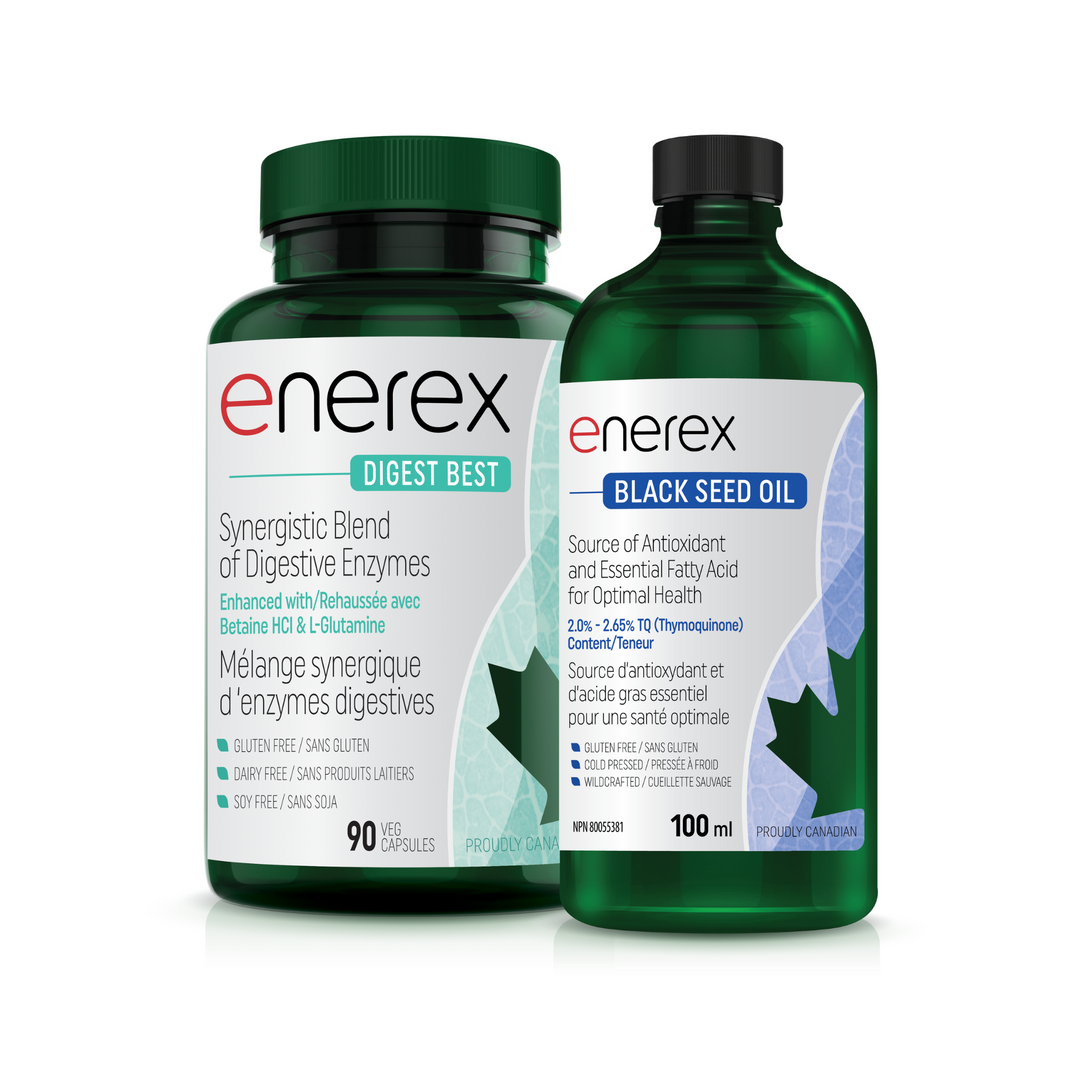
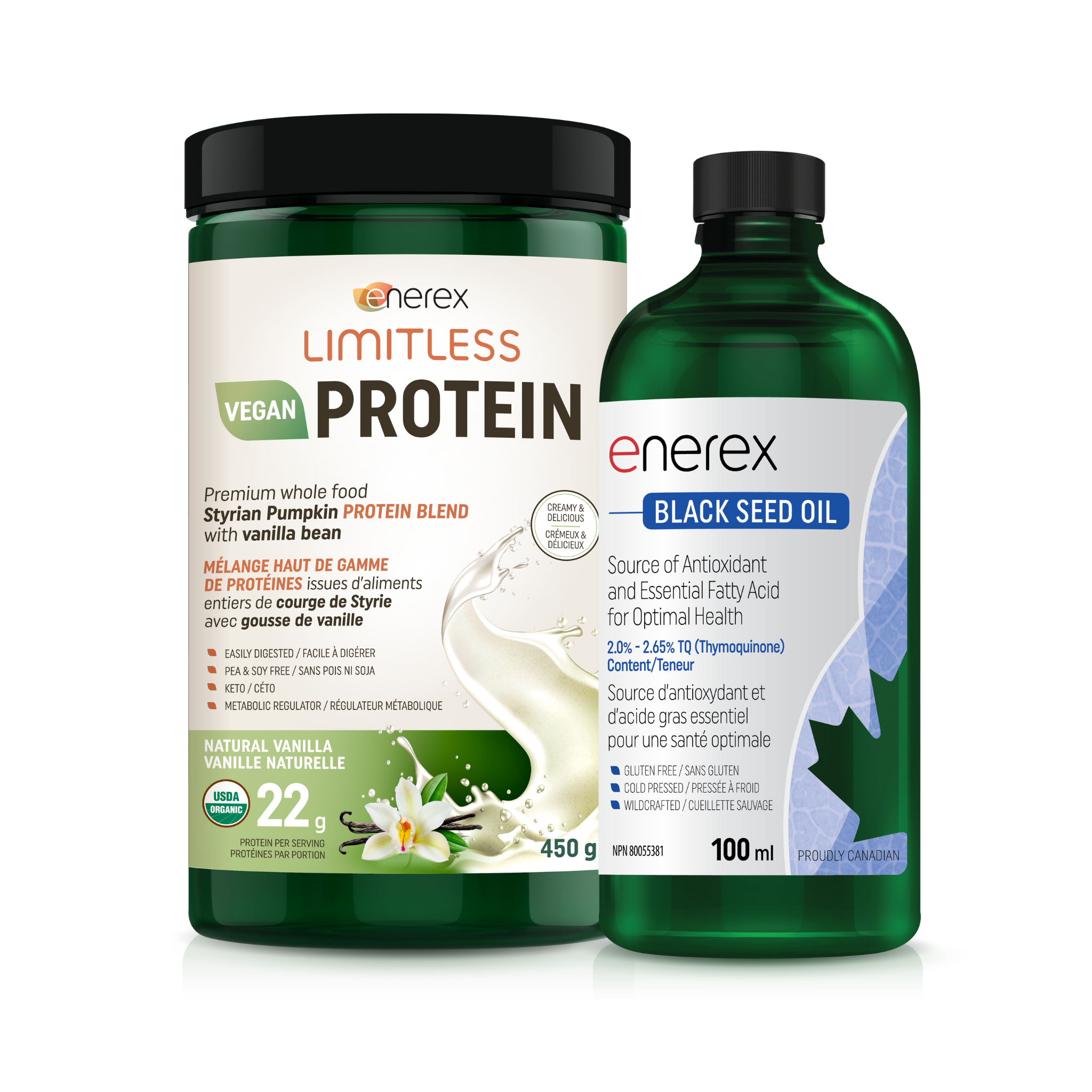
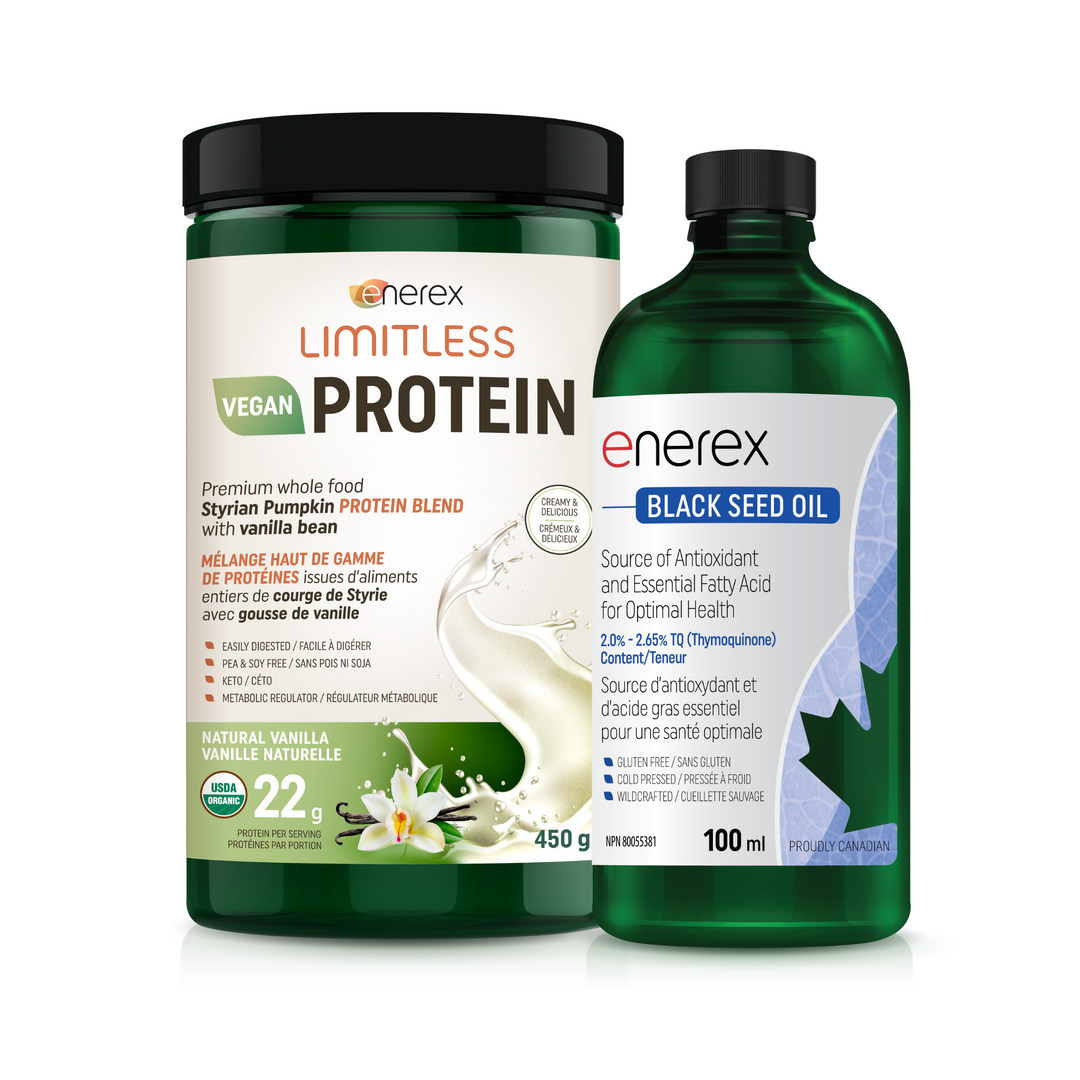
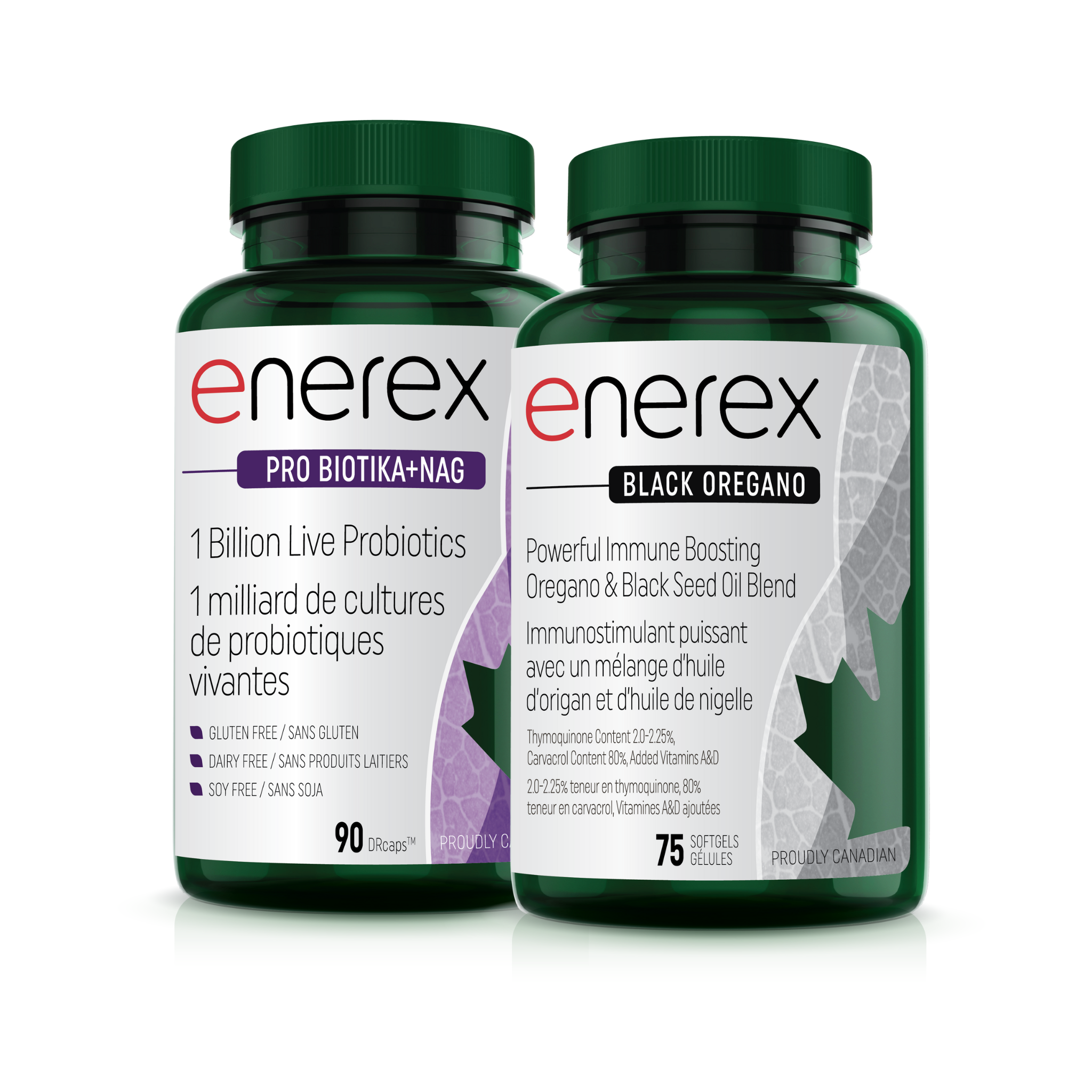
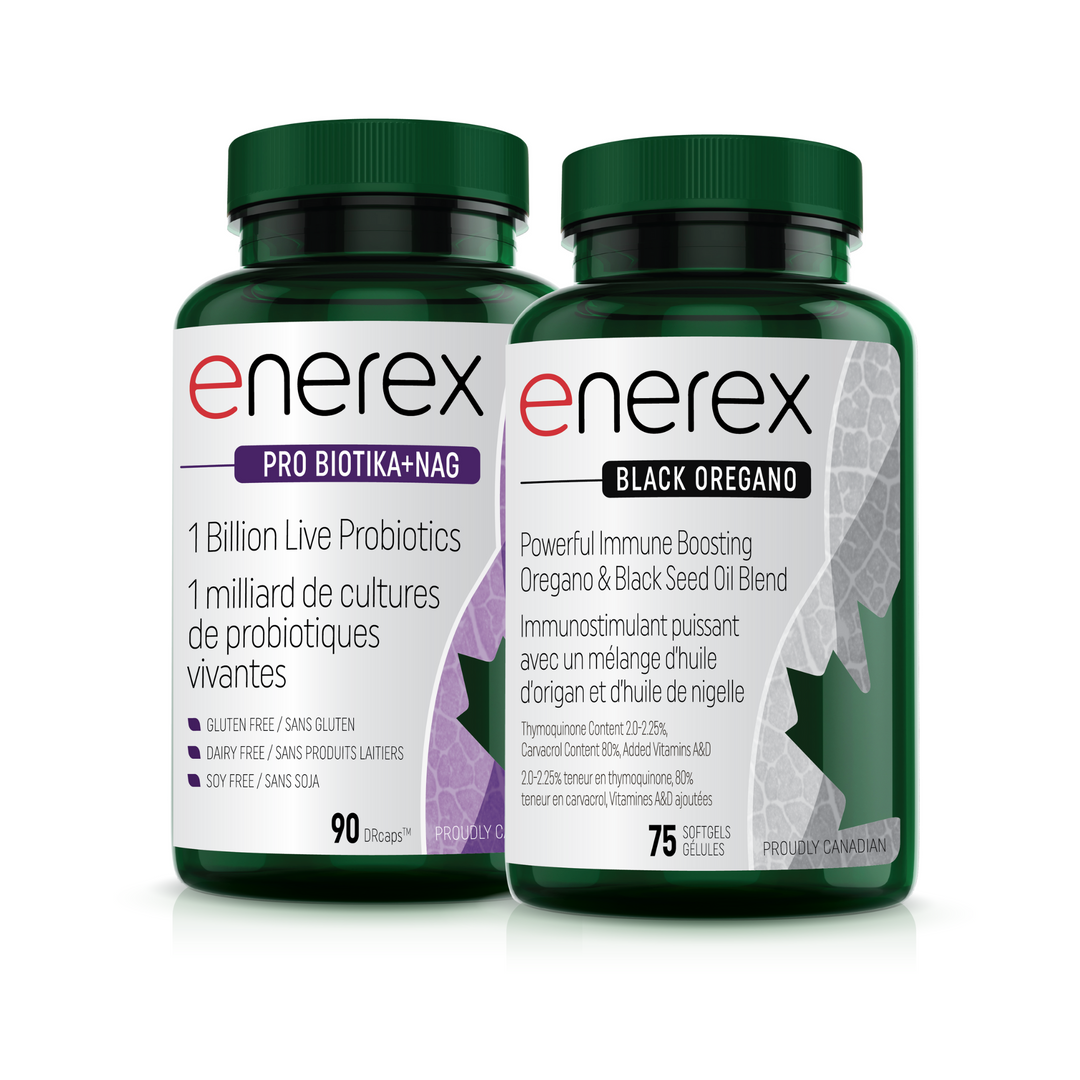
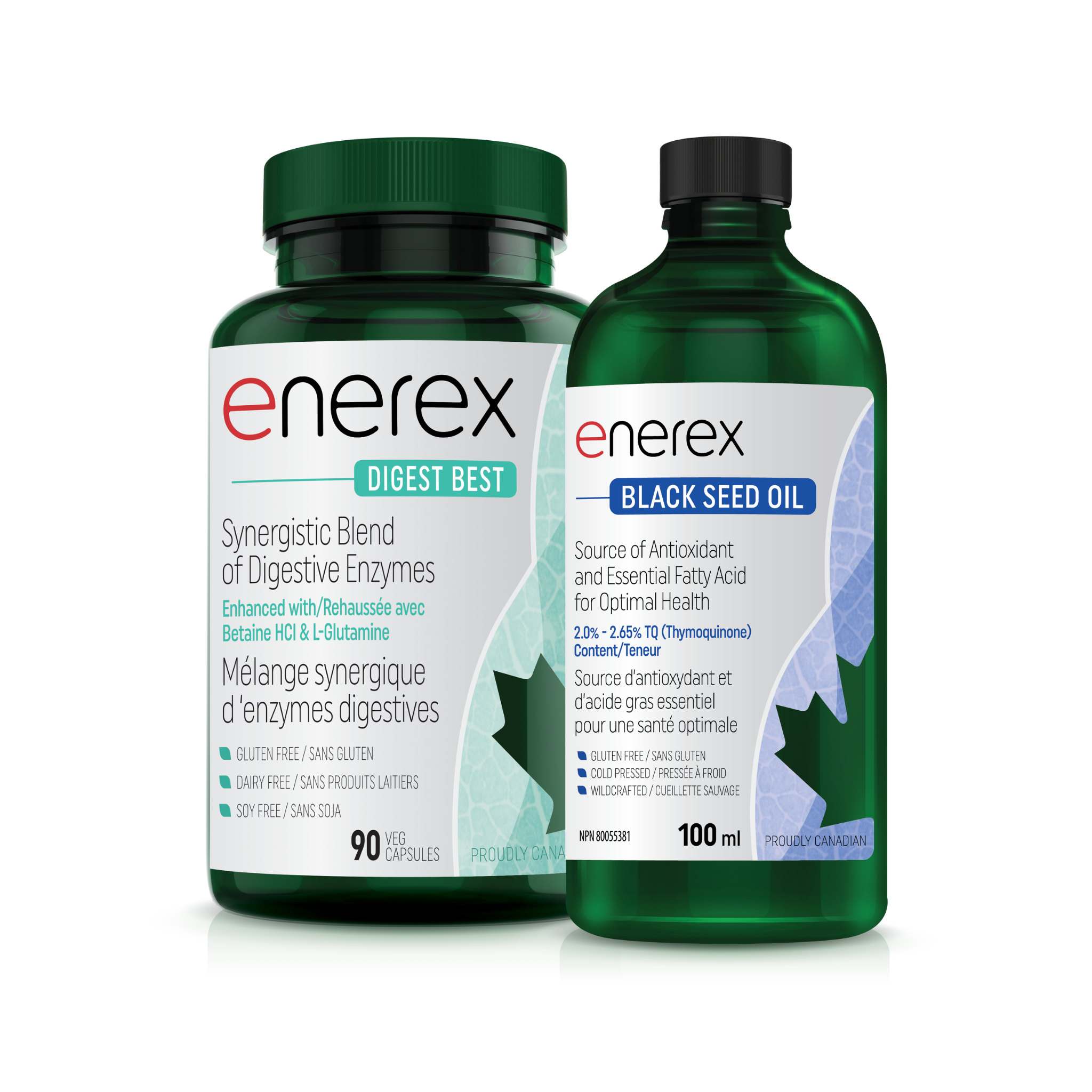
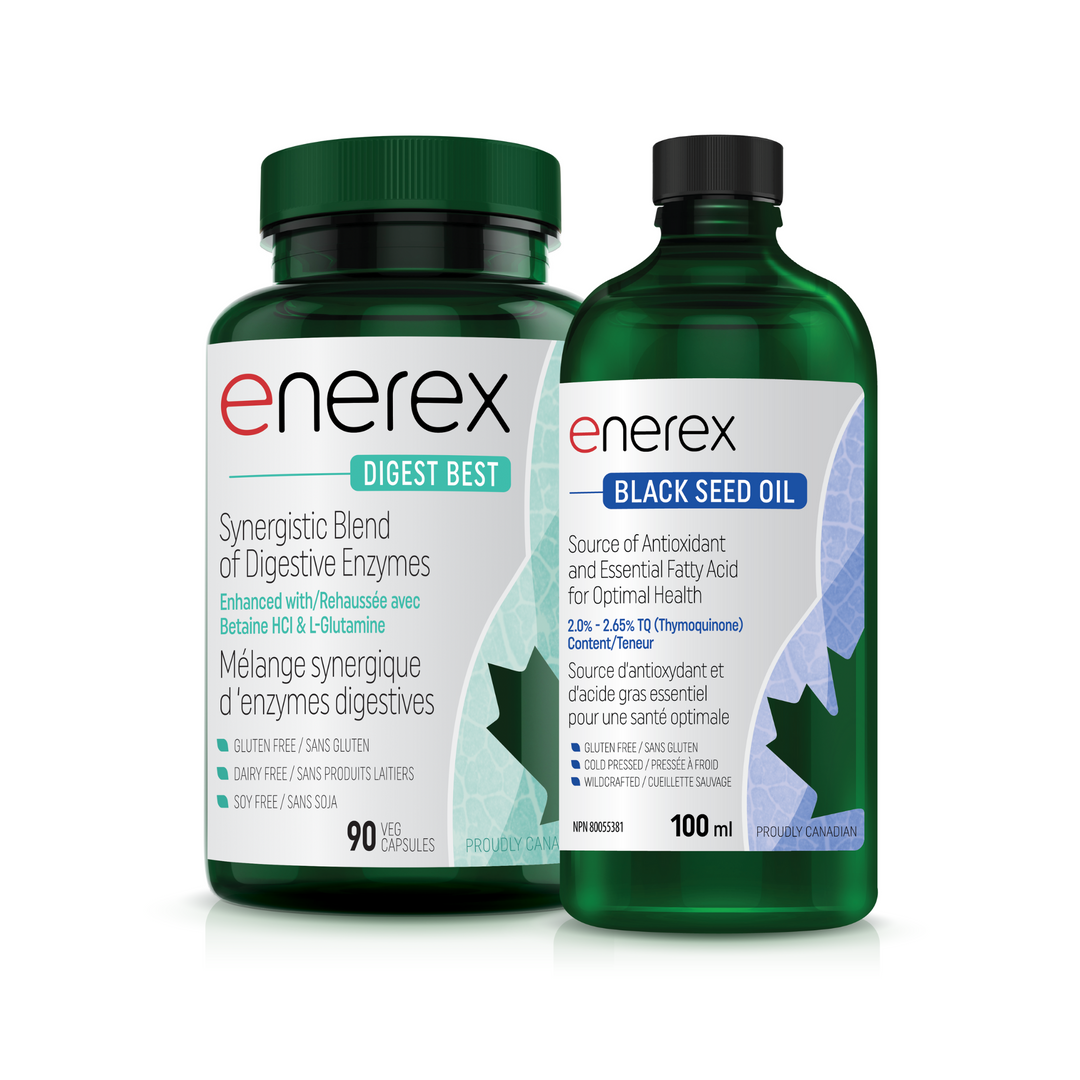
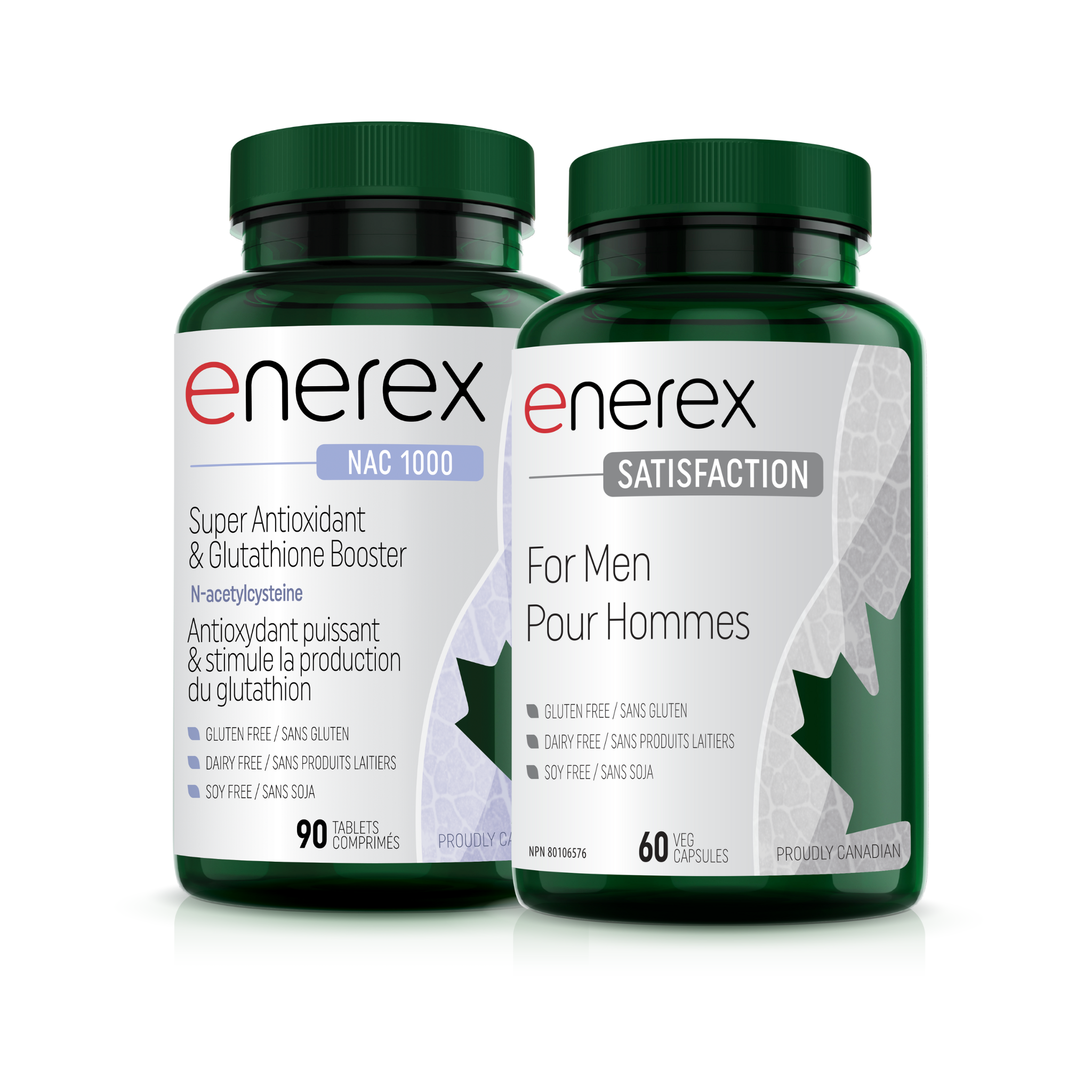
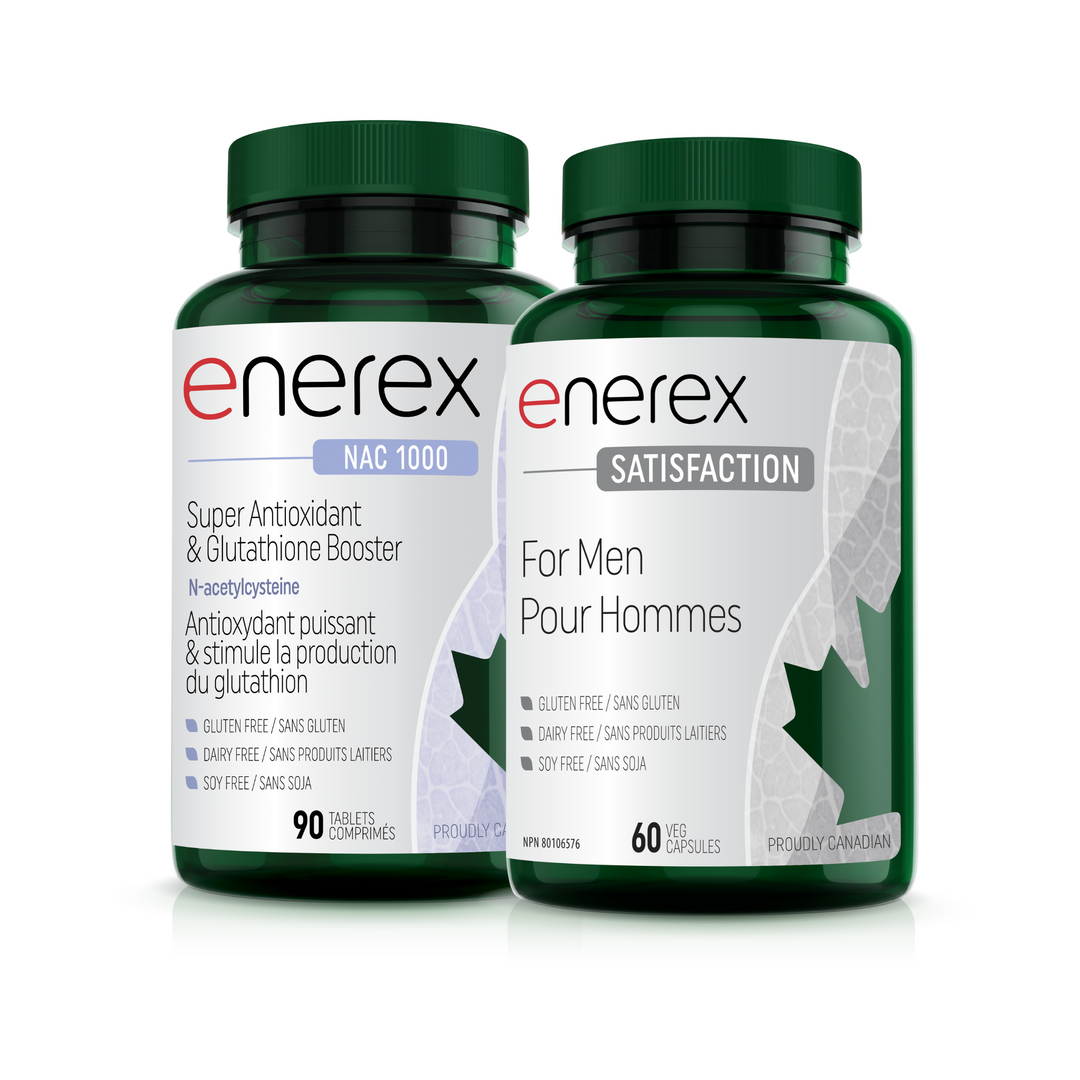
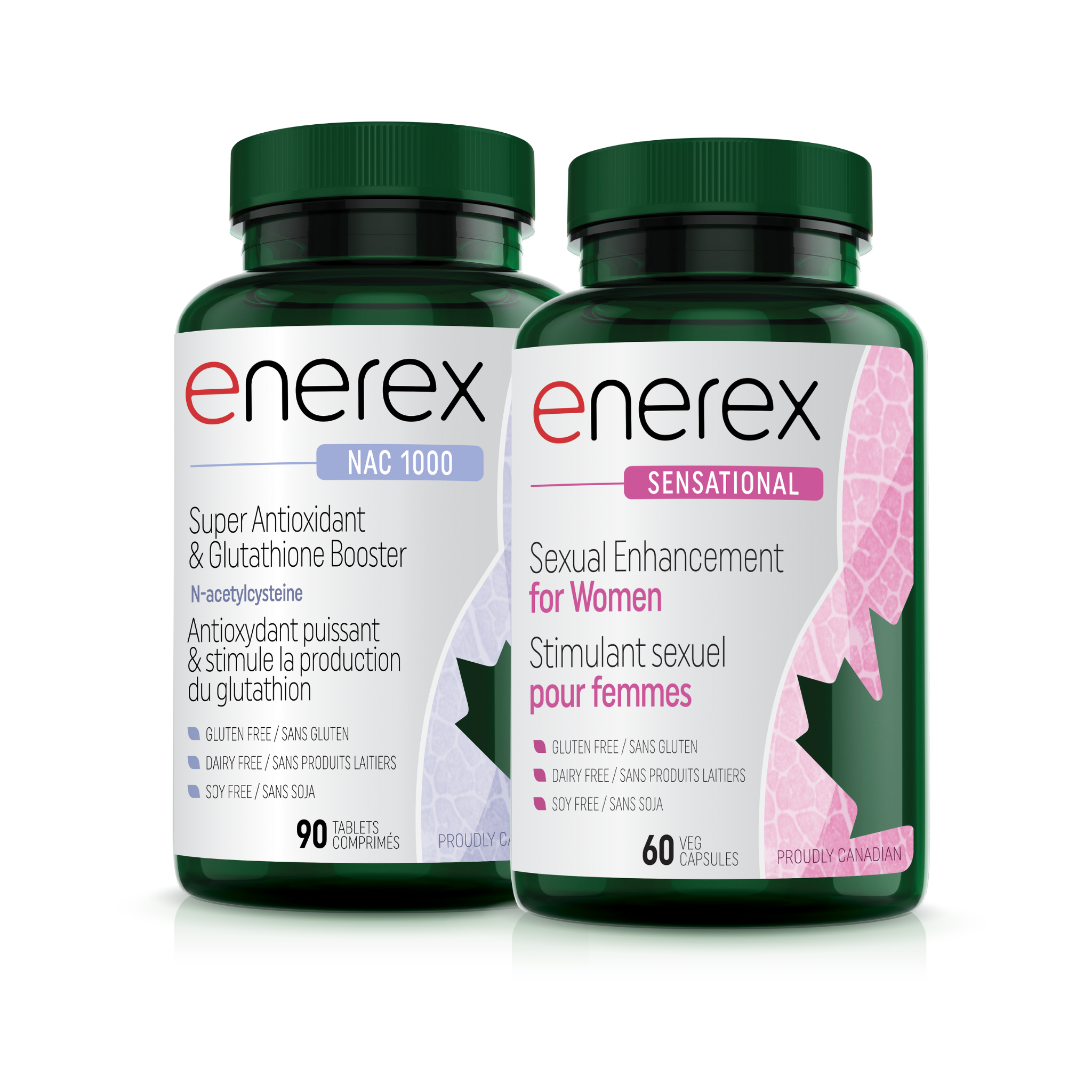
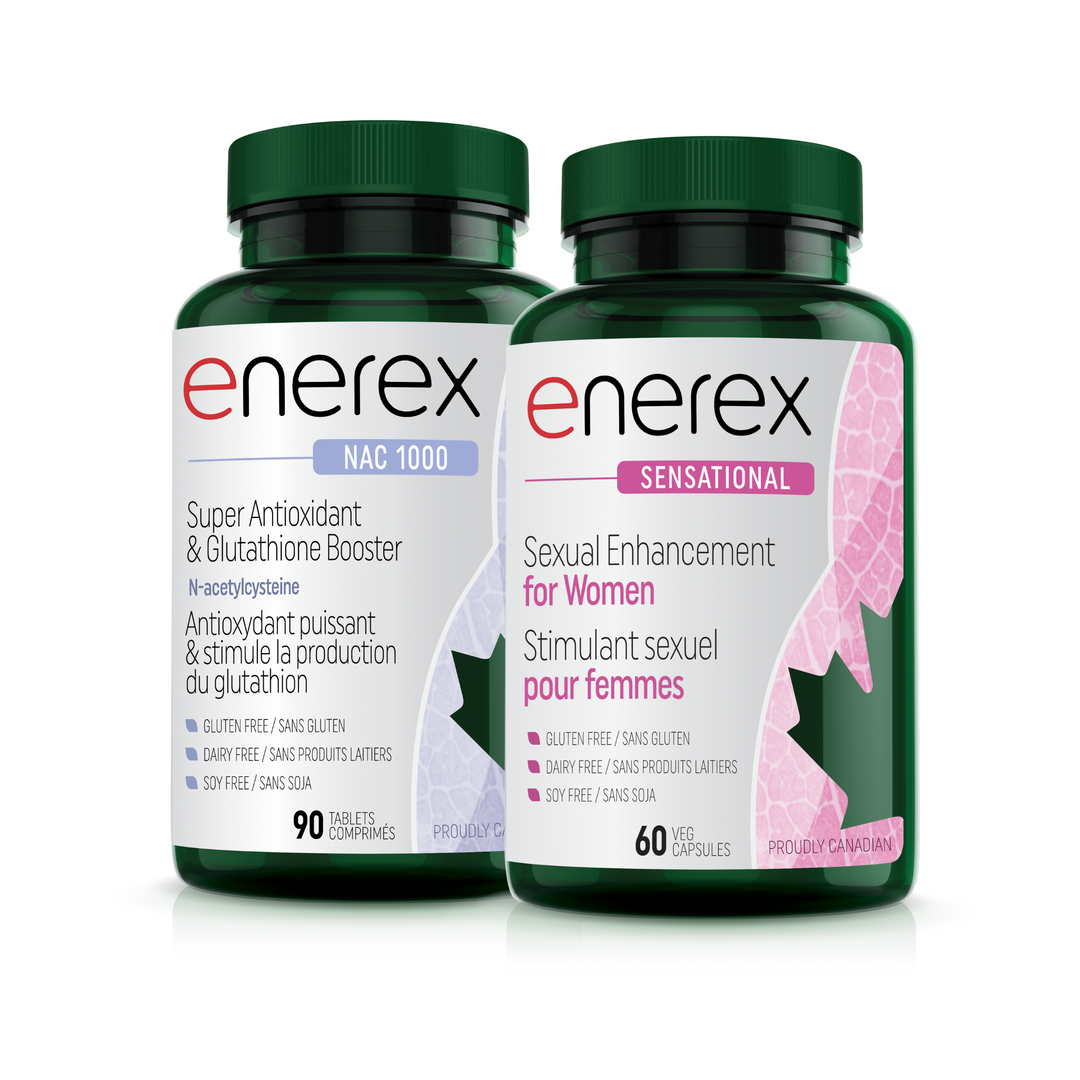
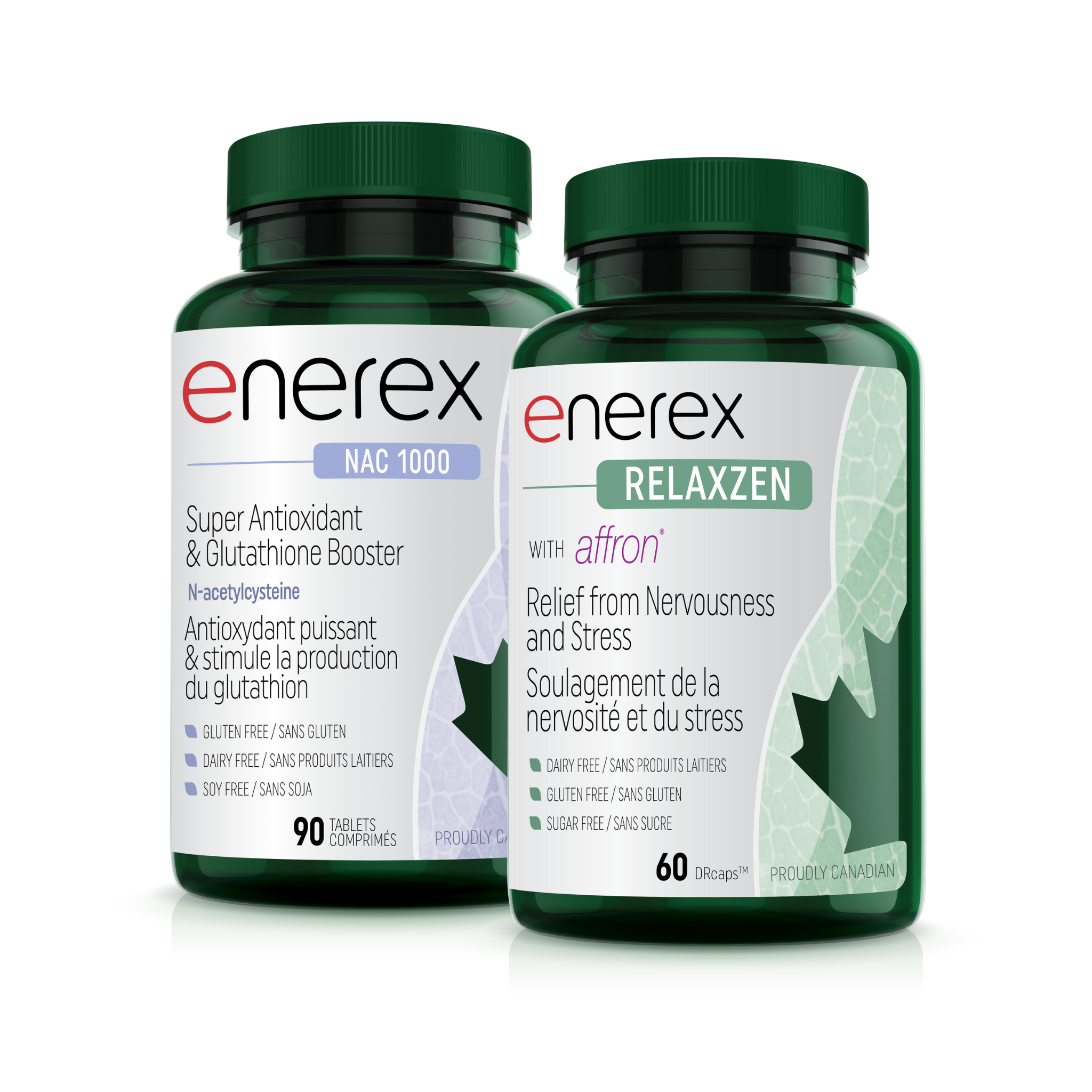
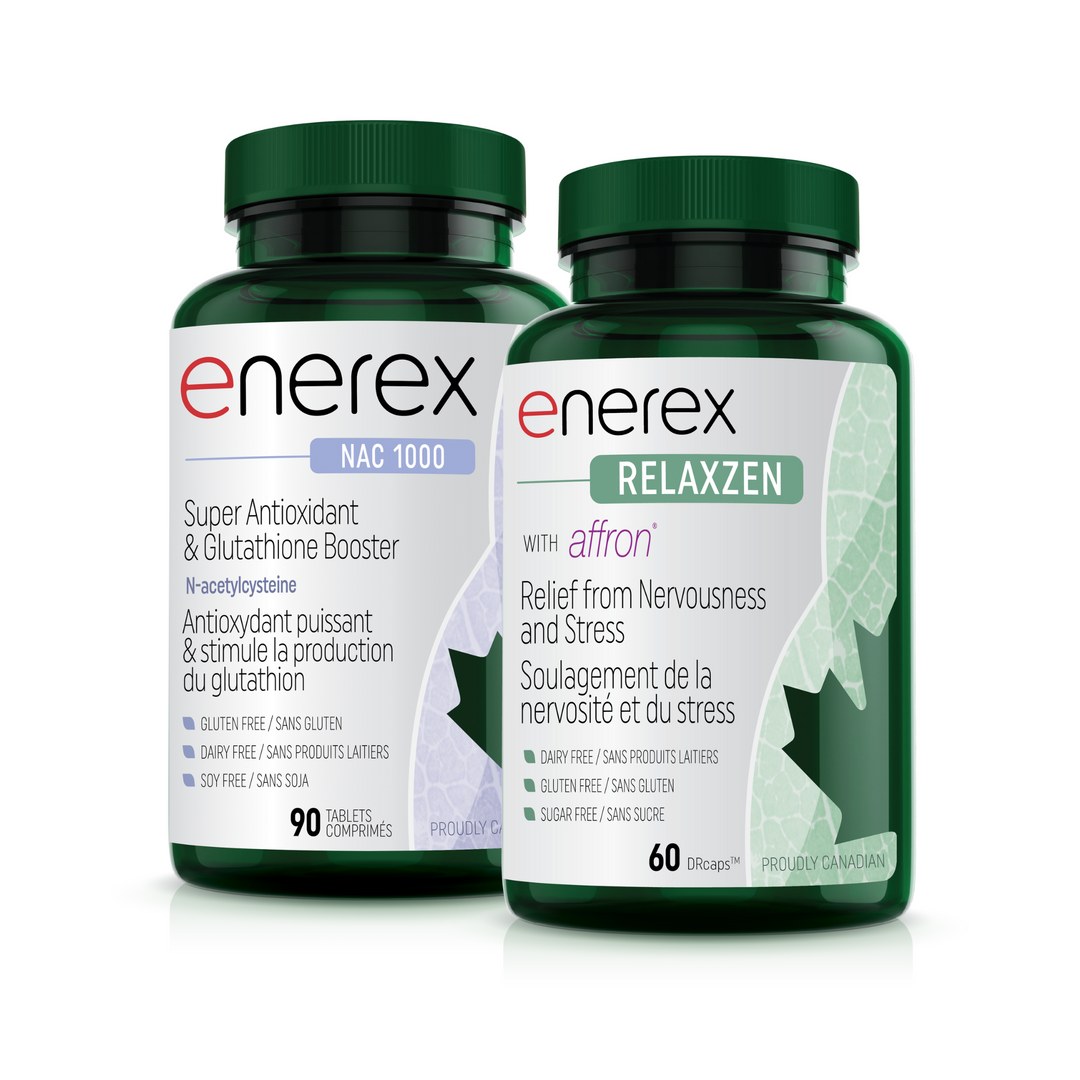
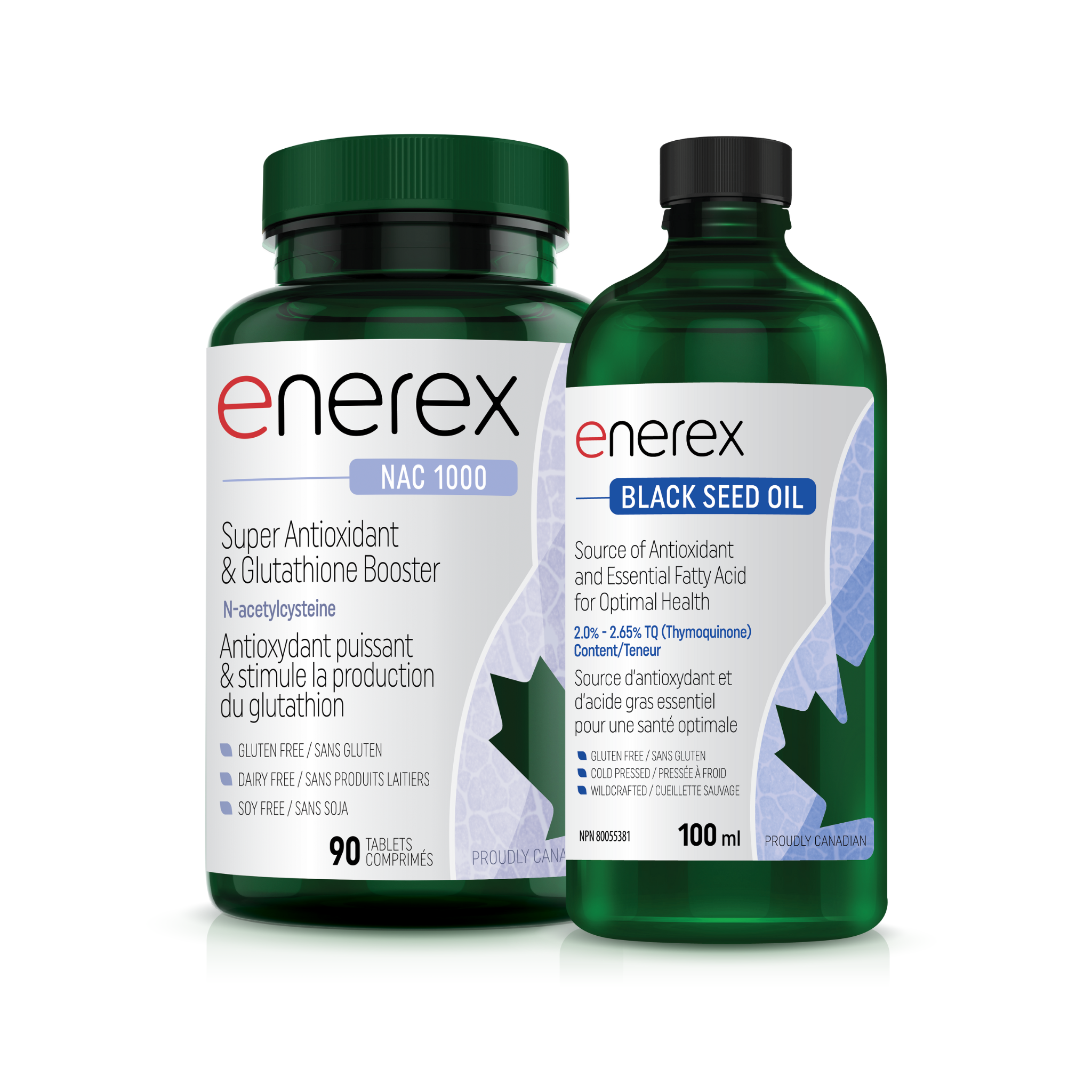
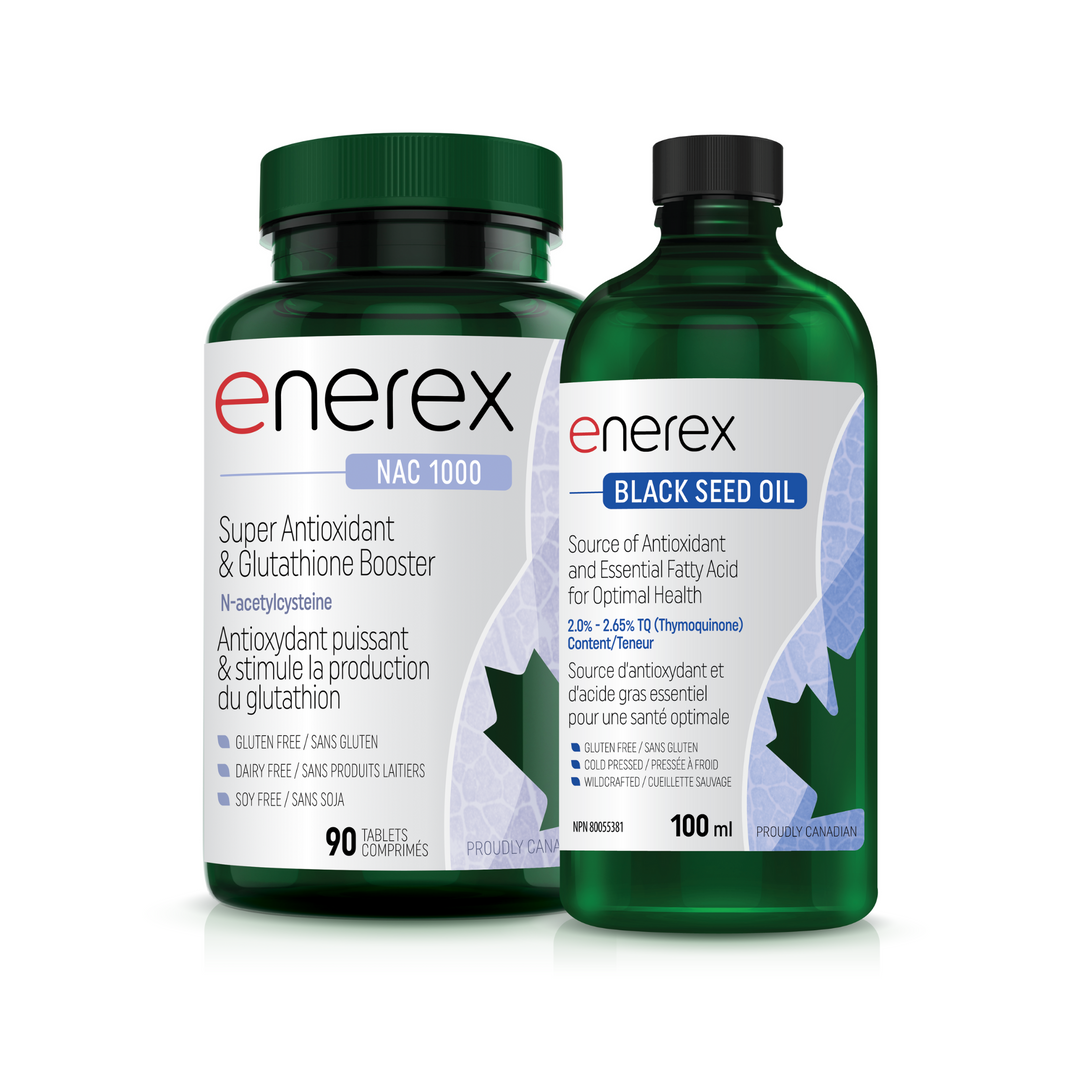
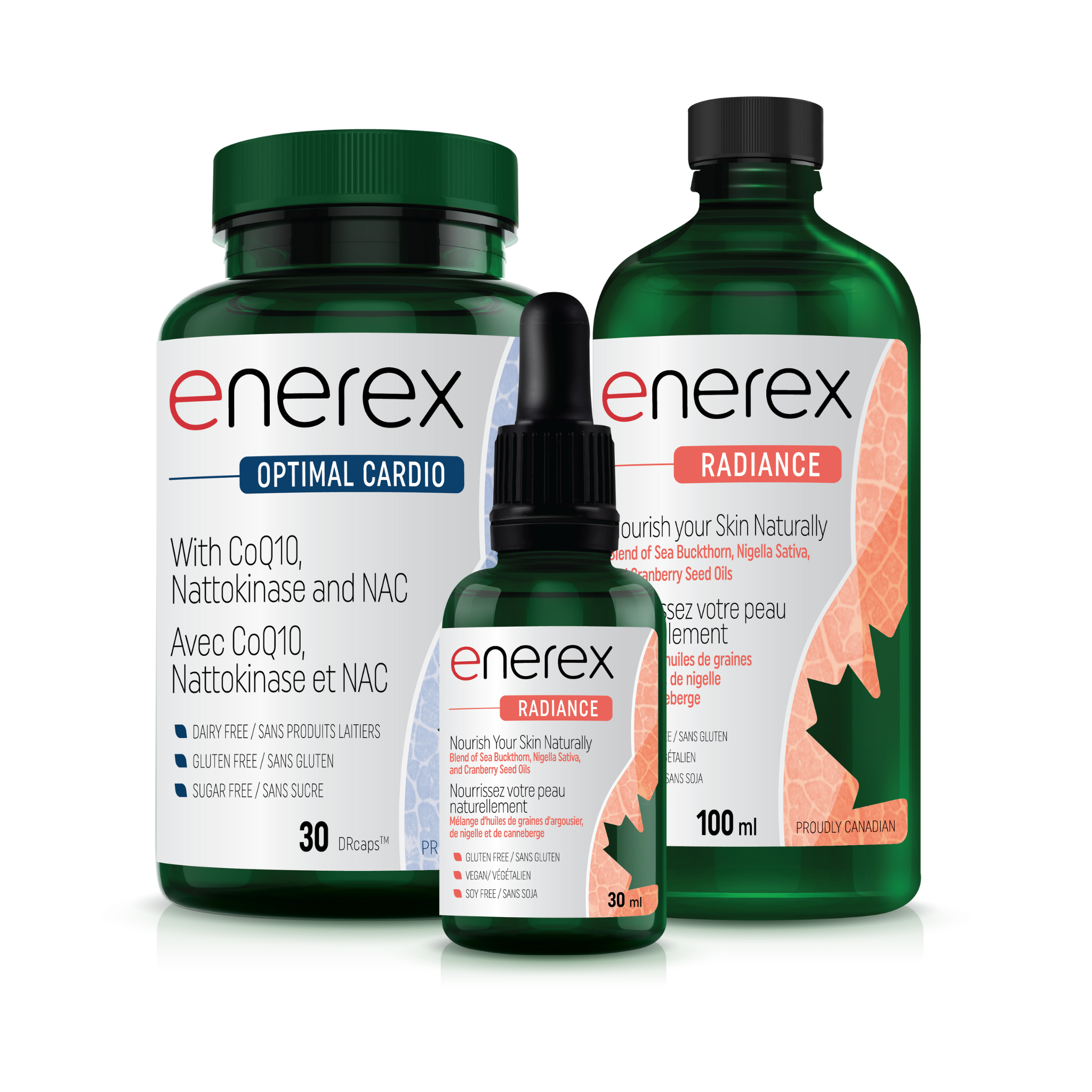
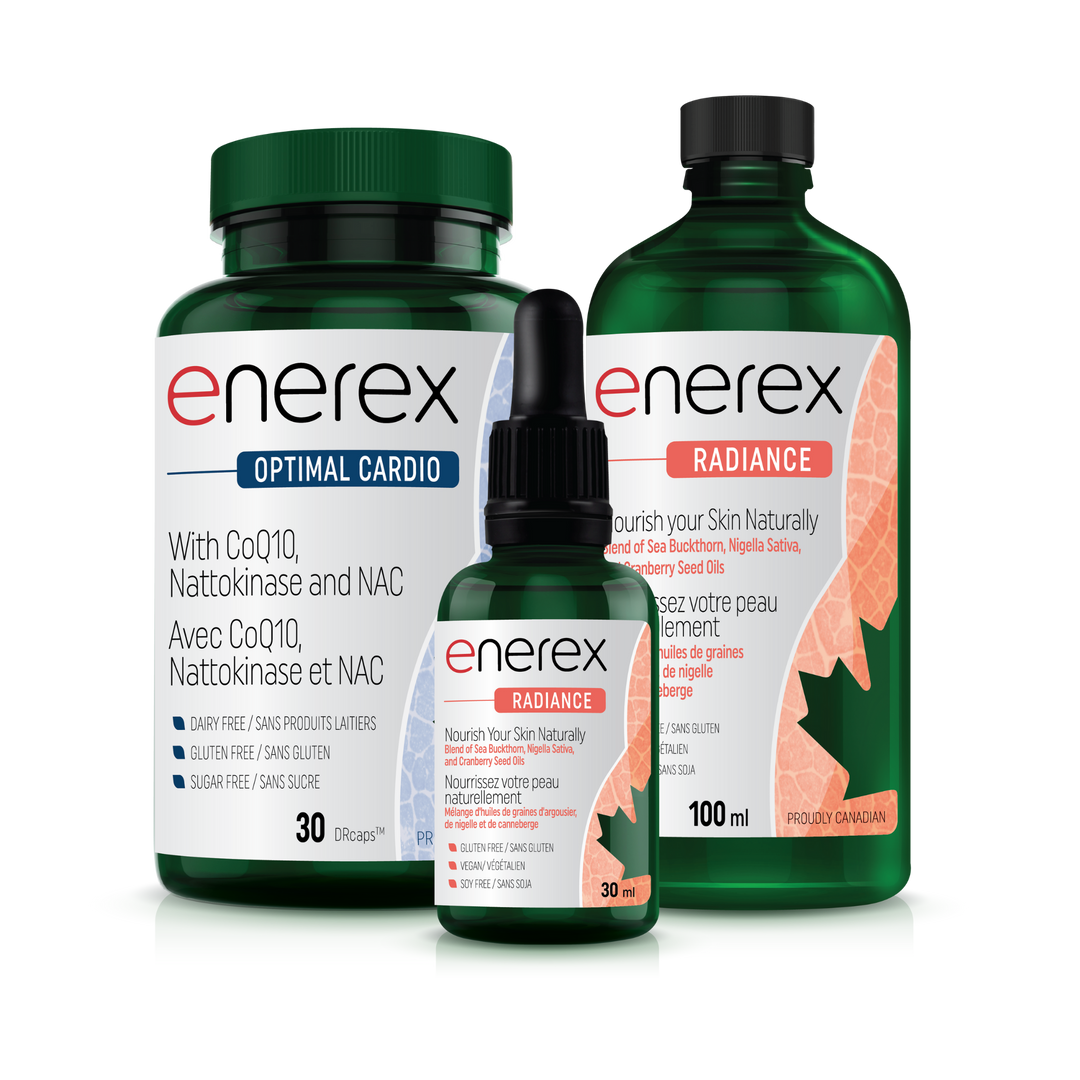


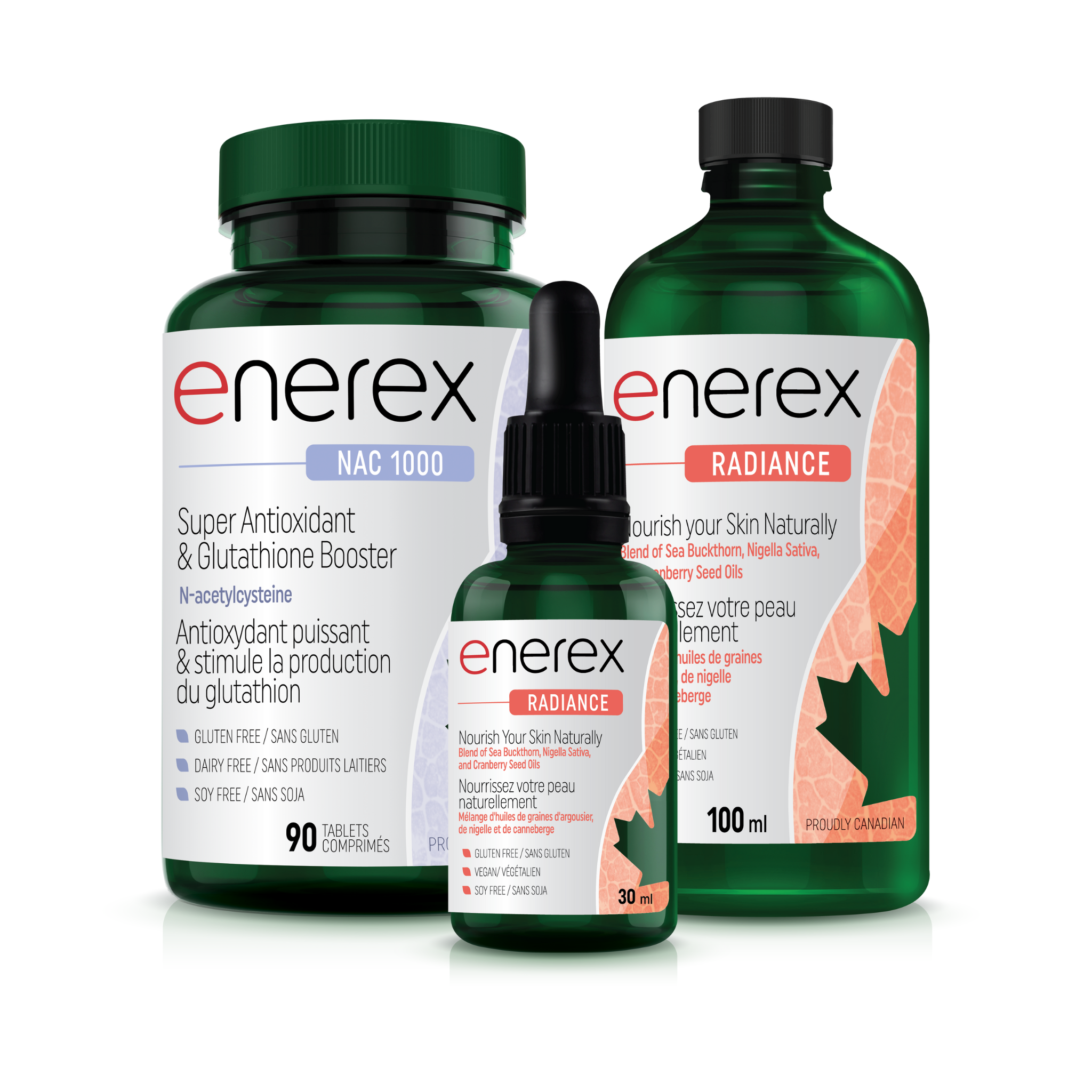
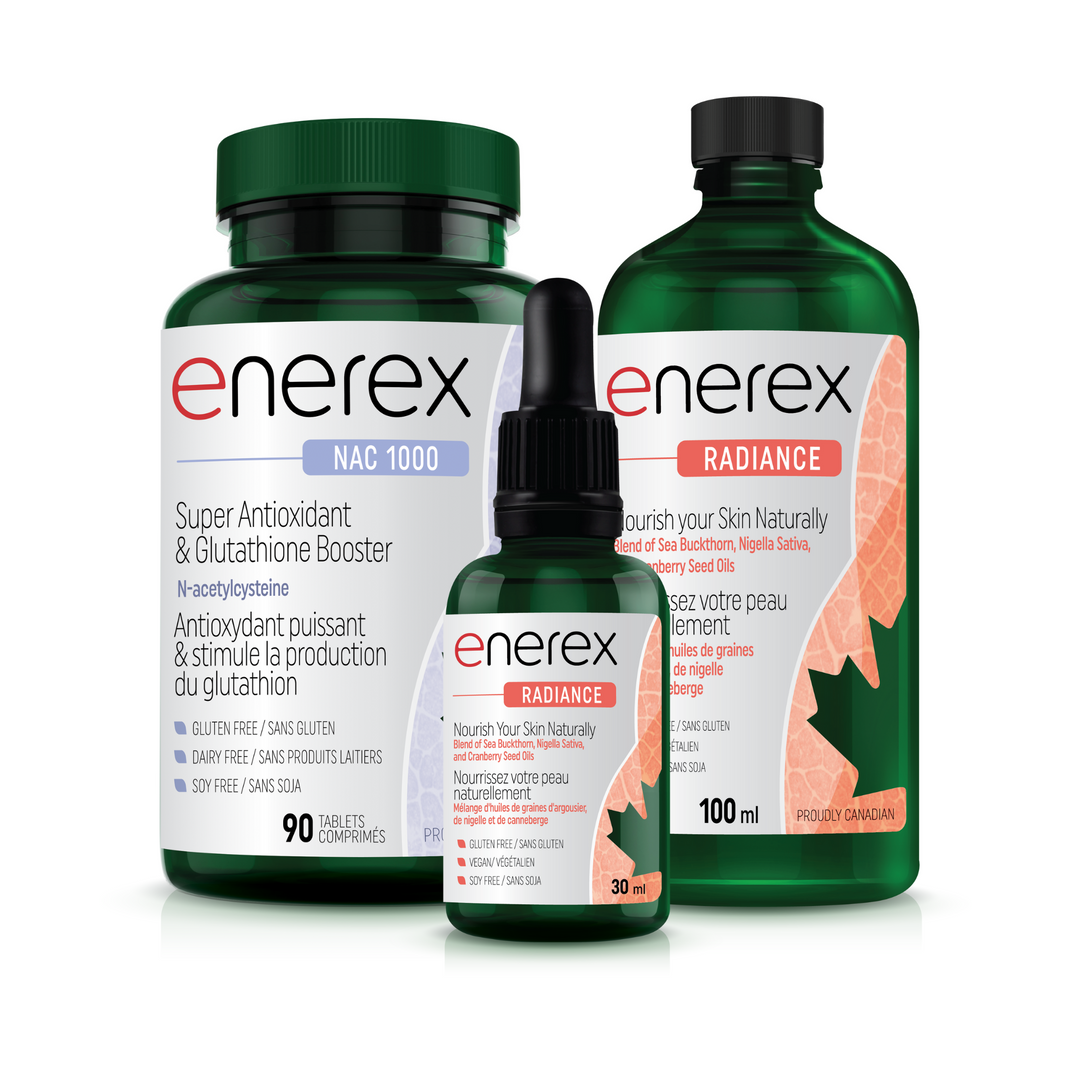
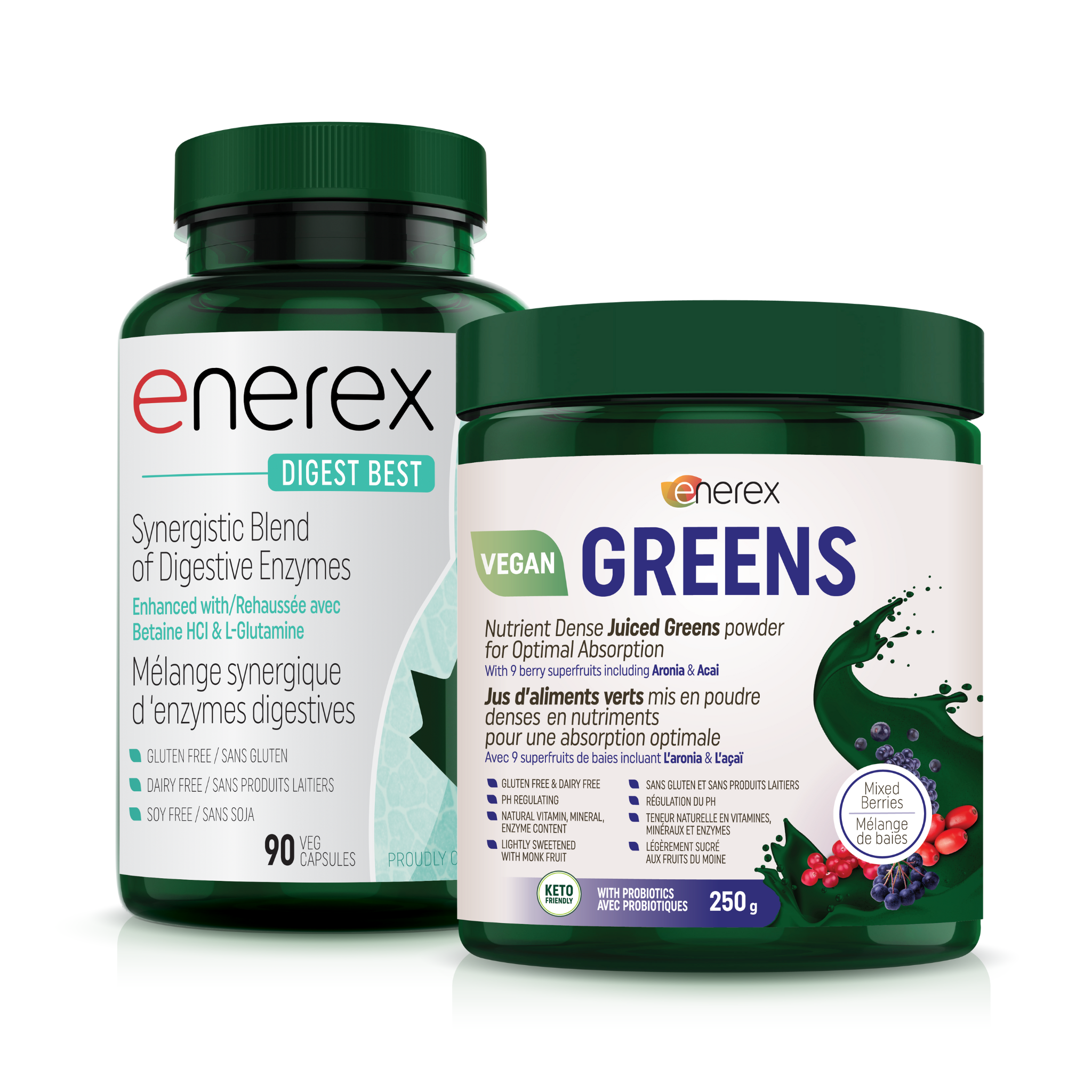
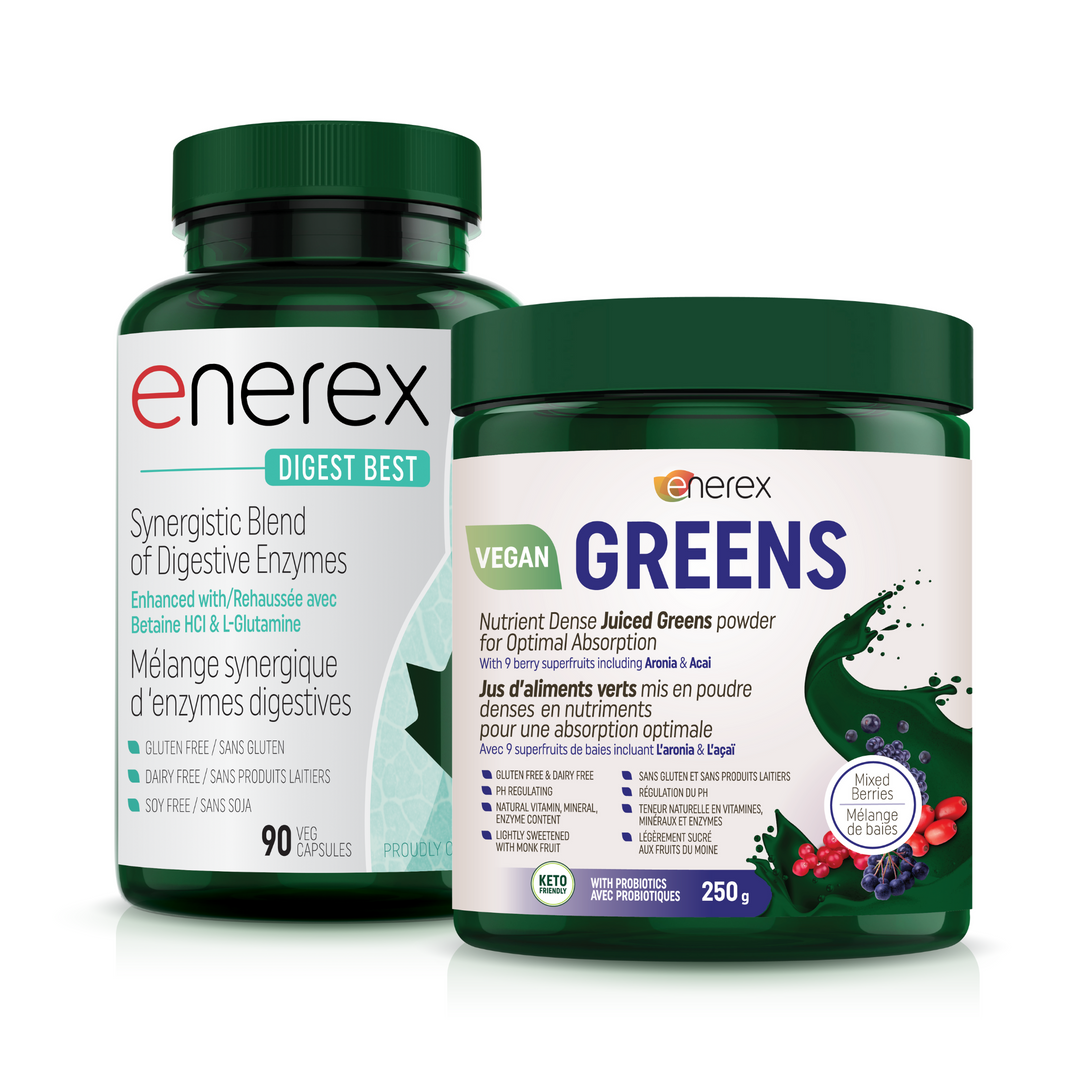
Leave a comment